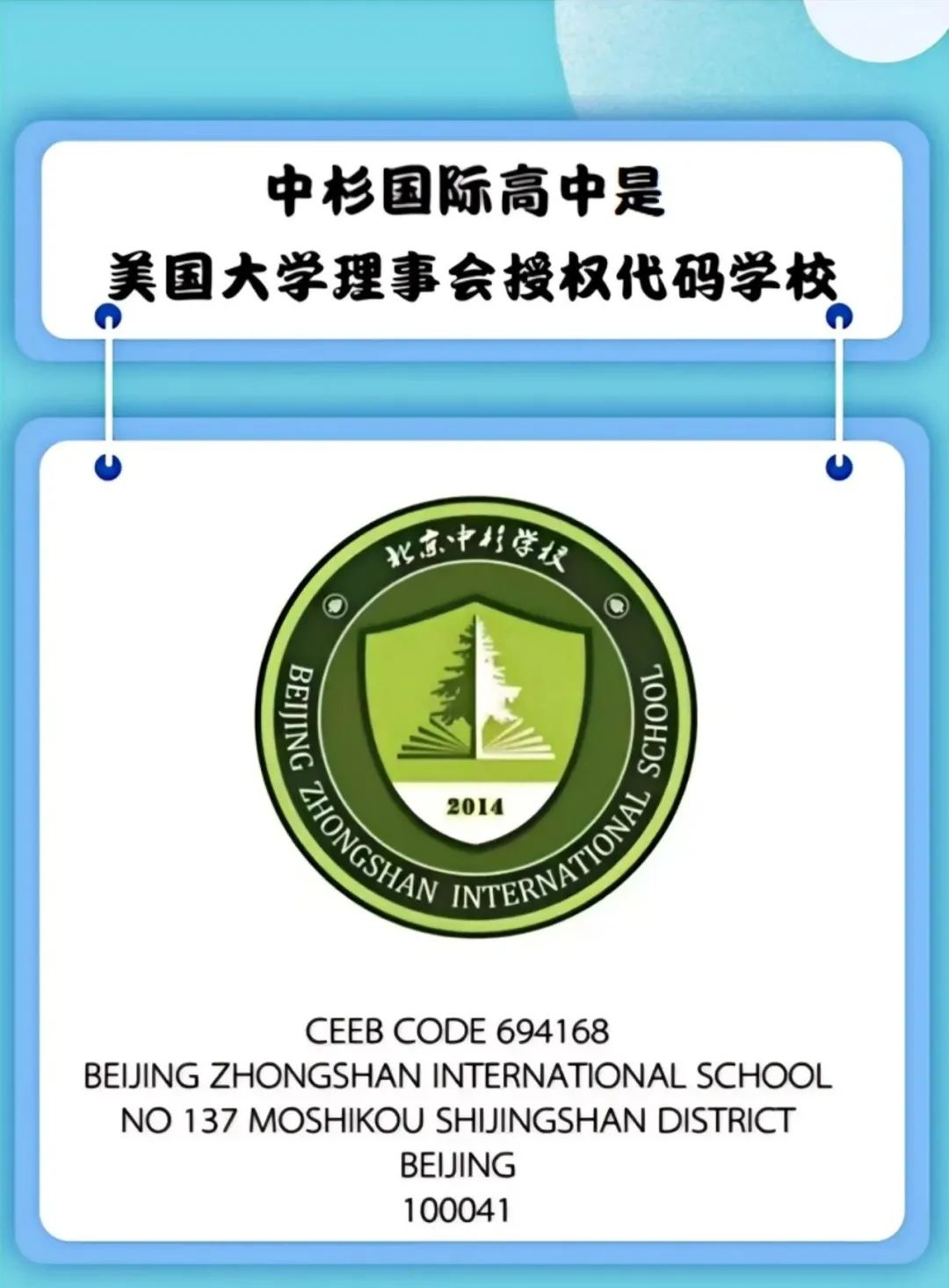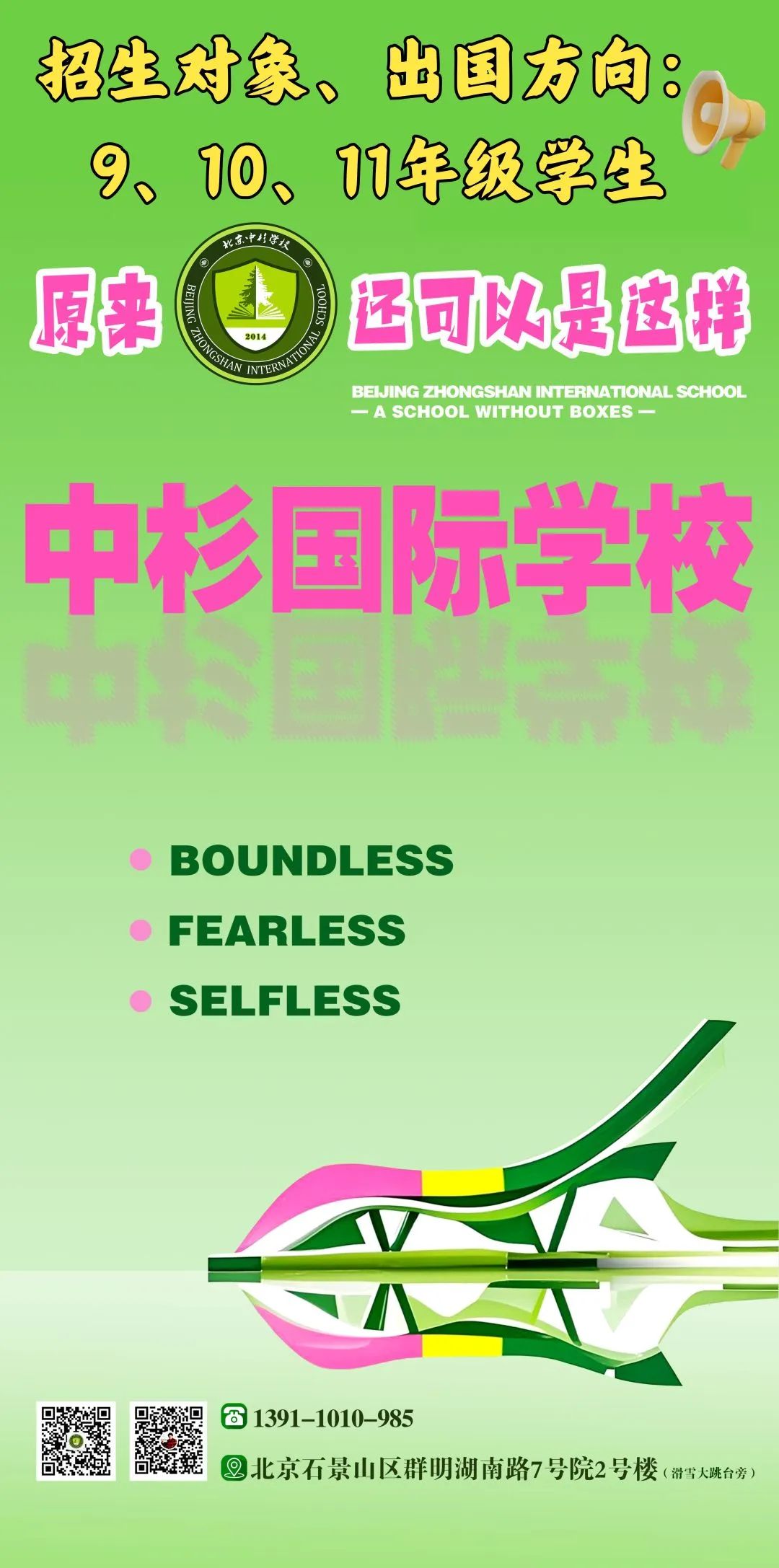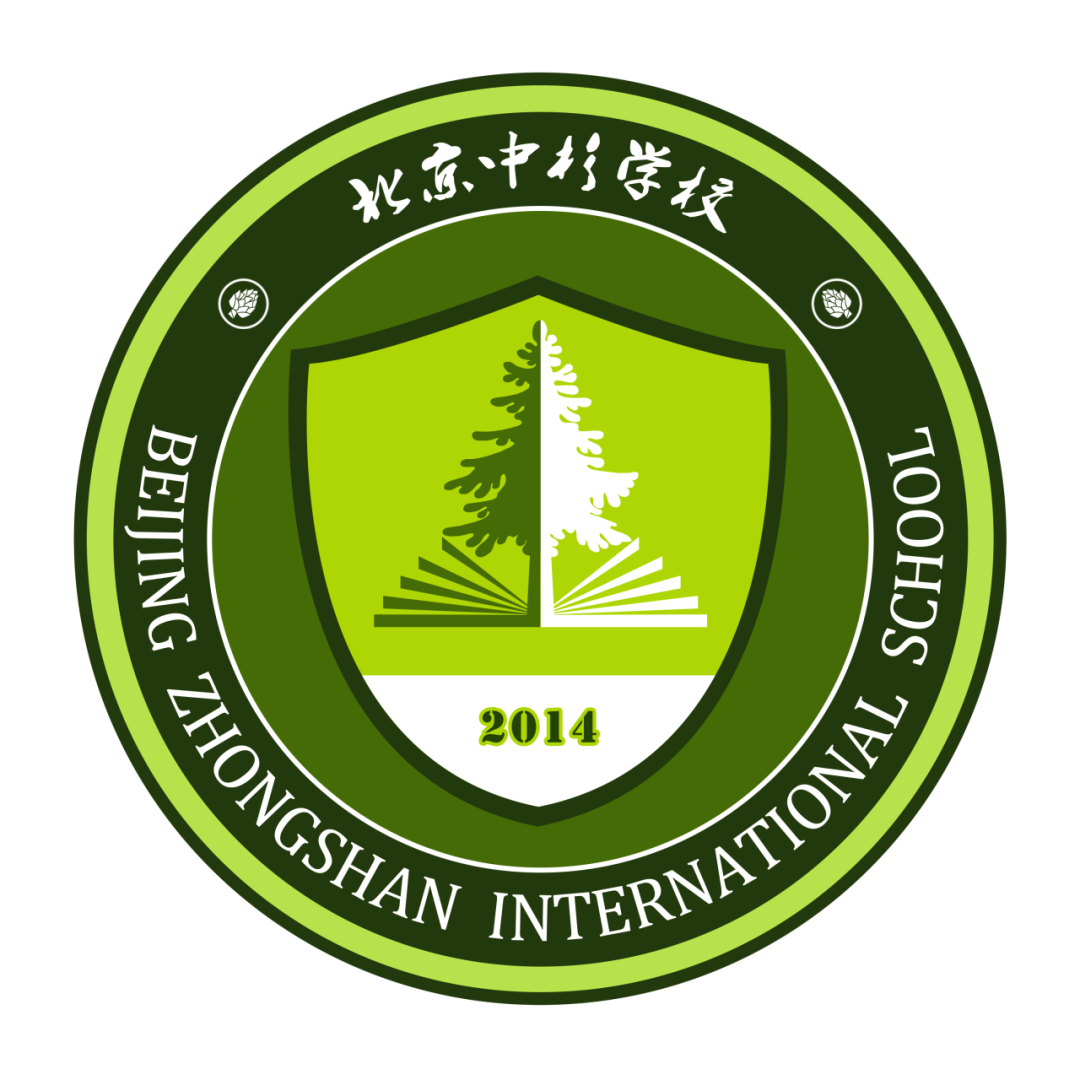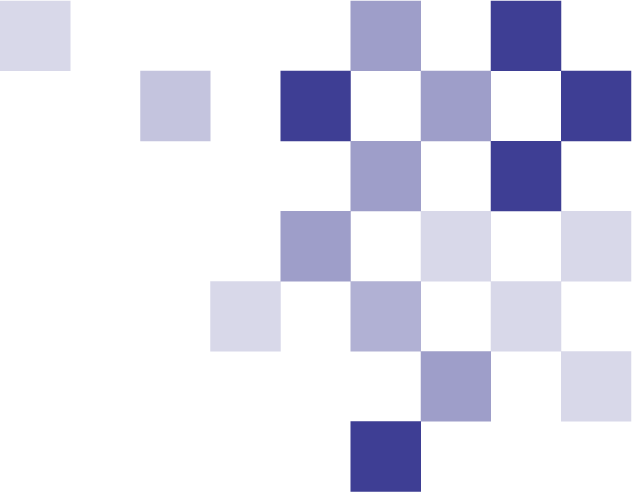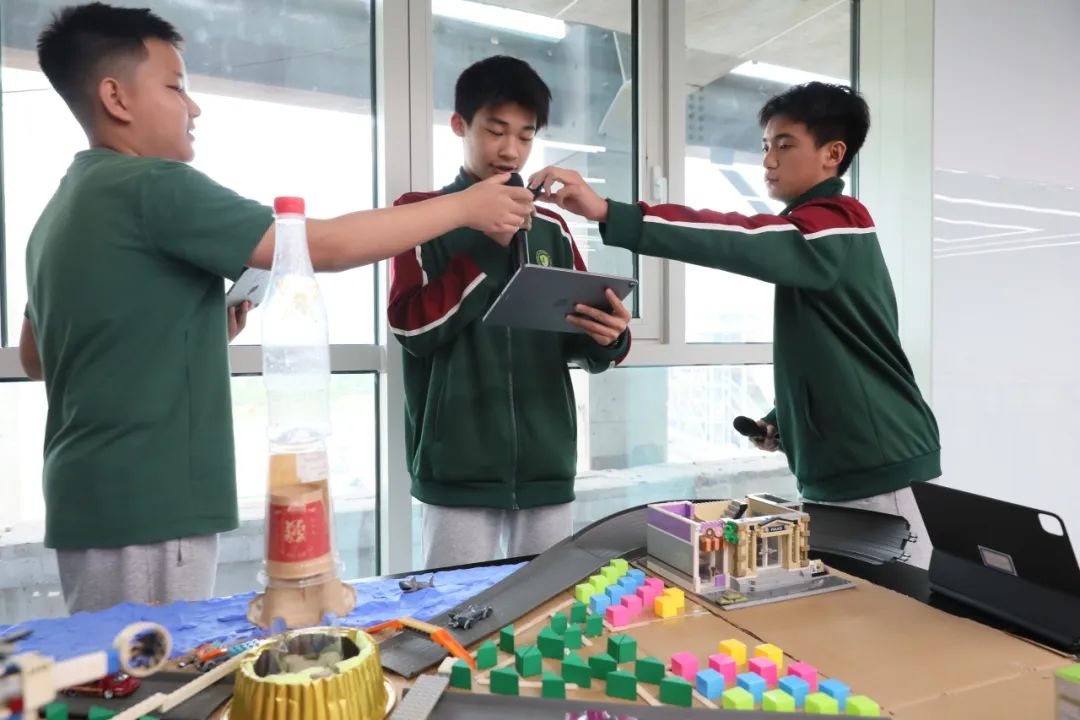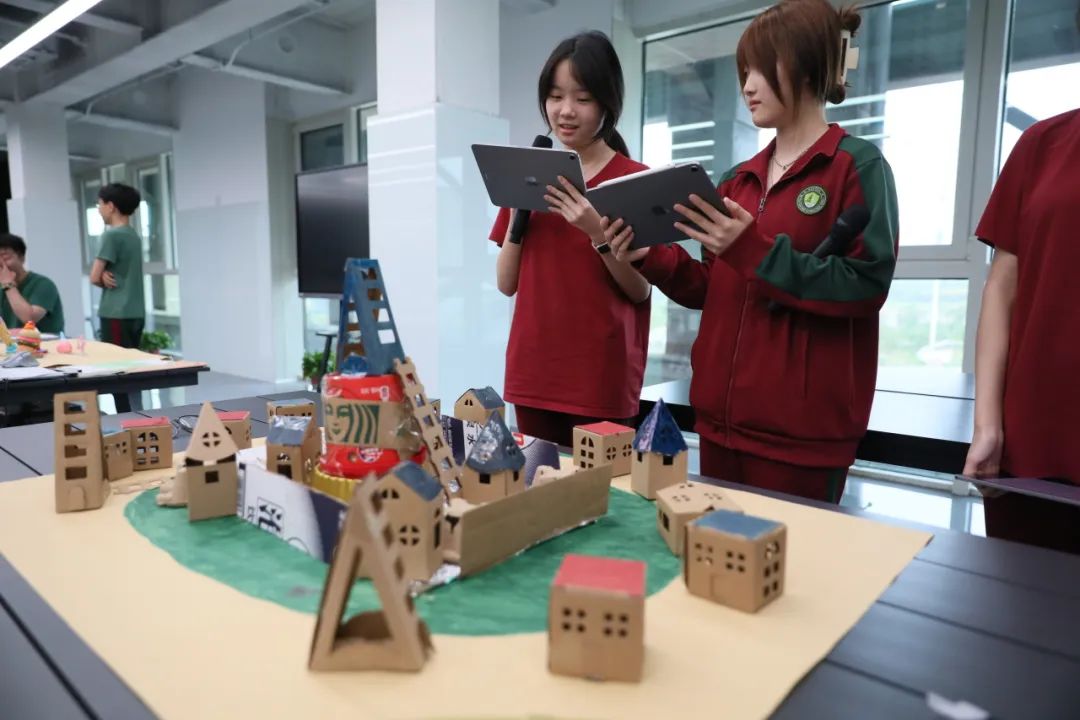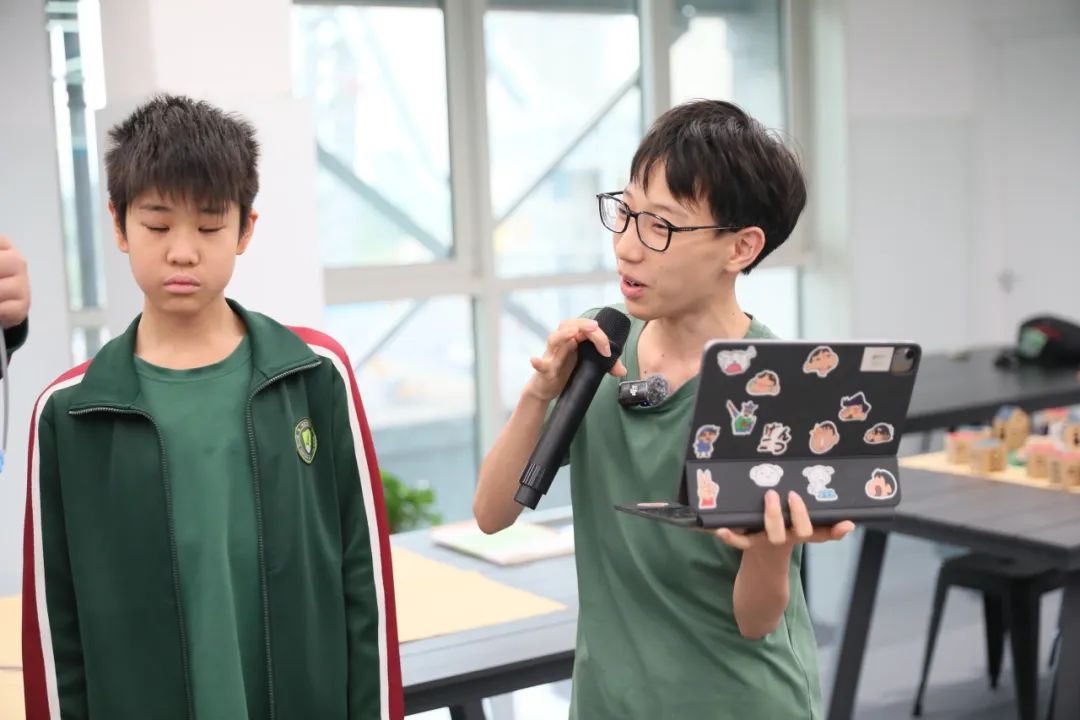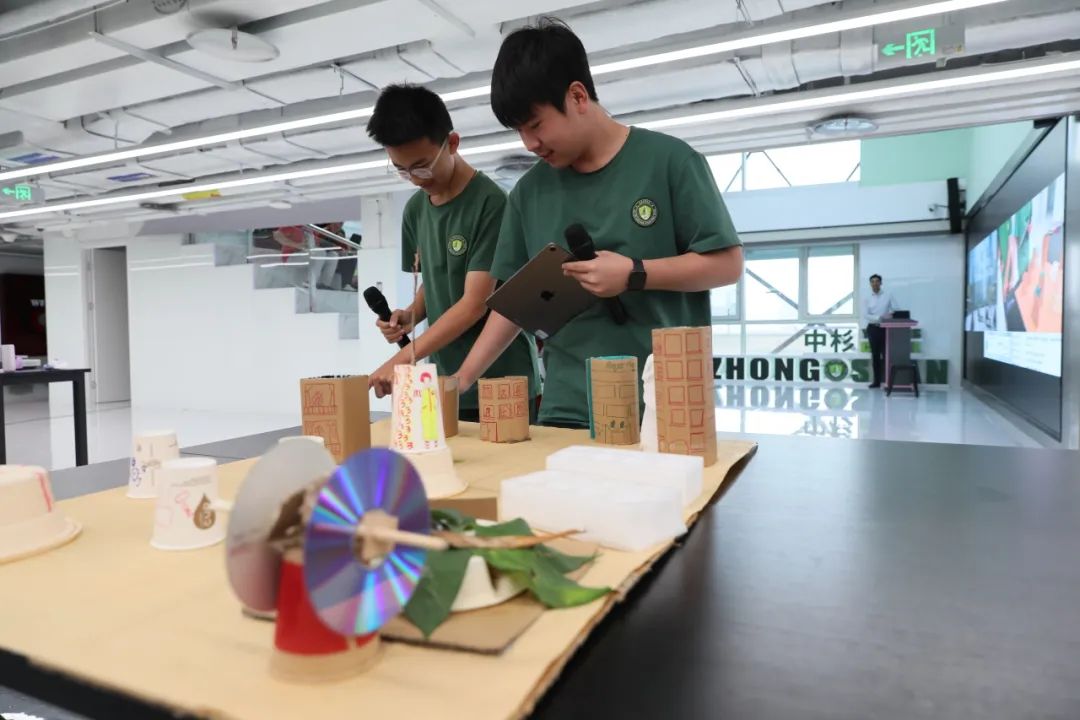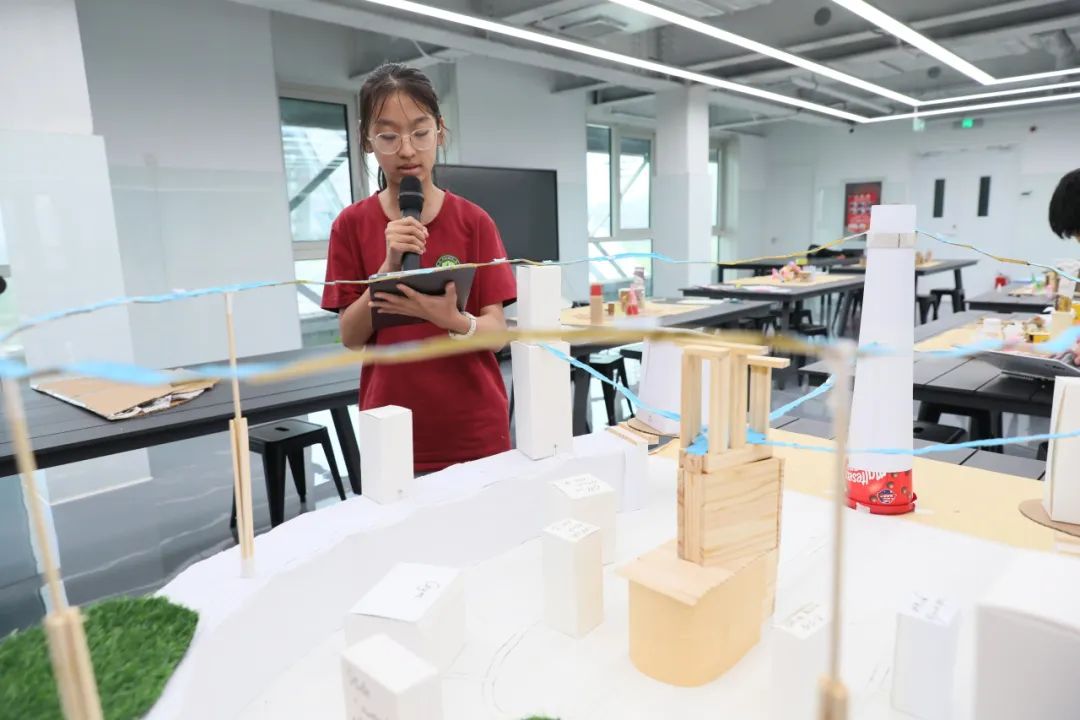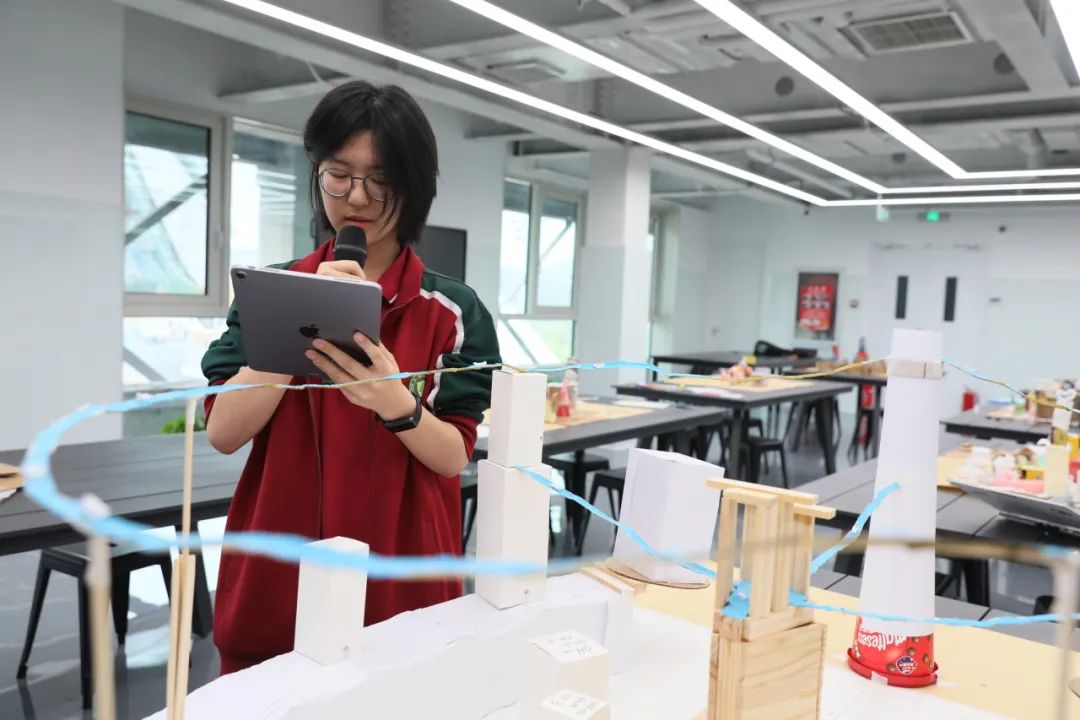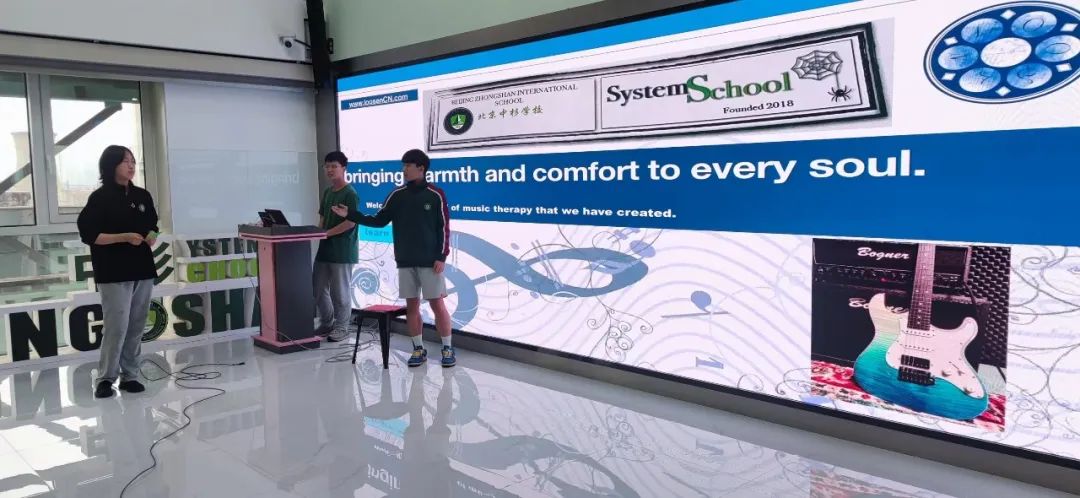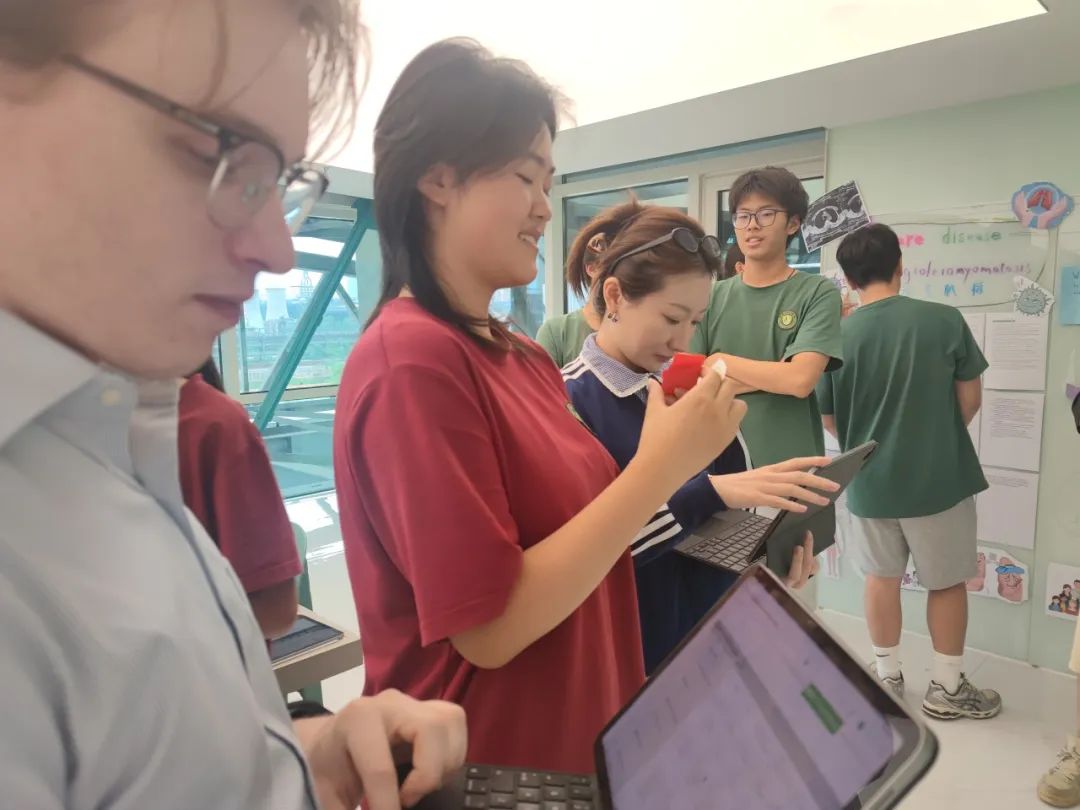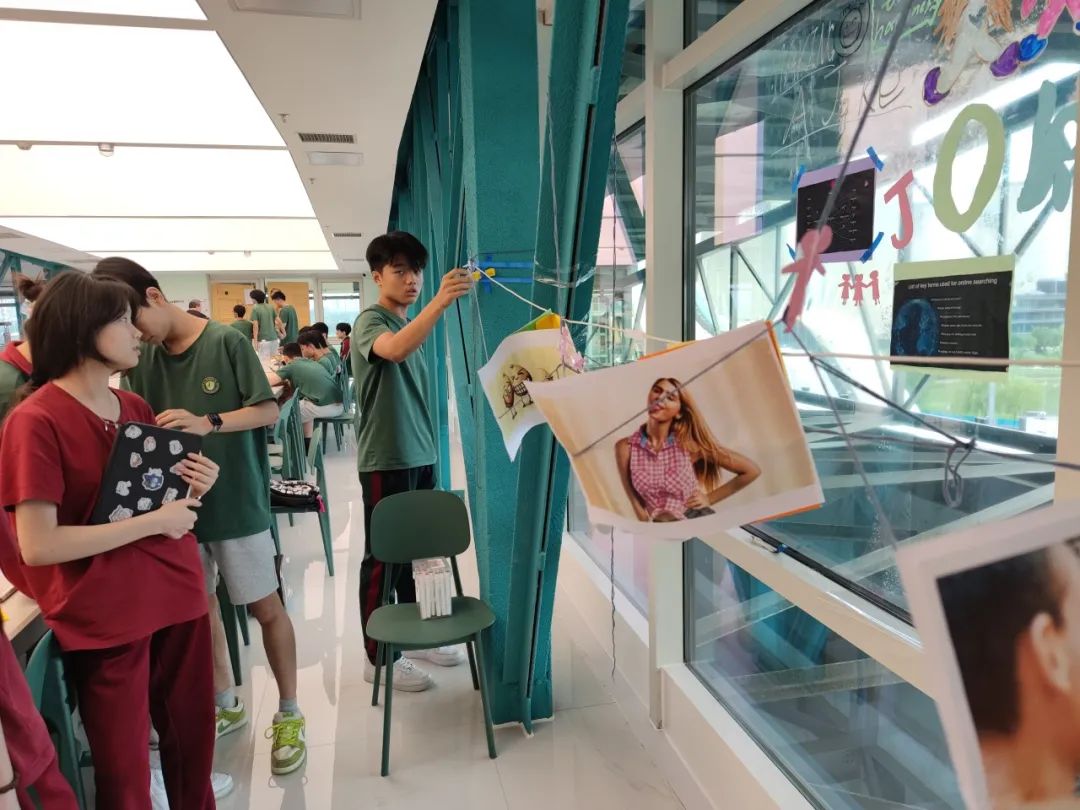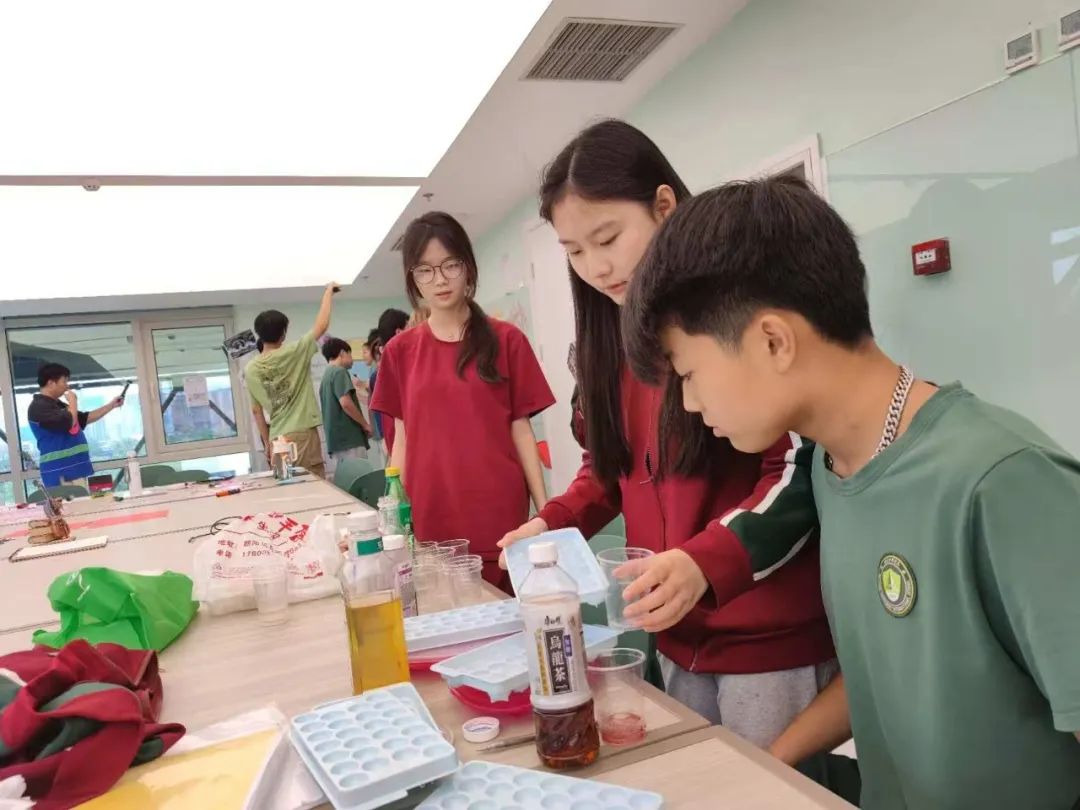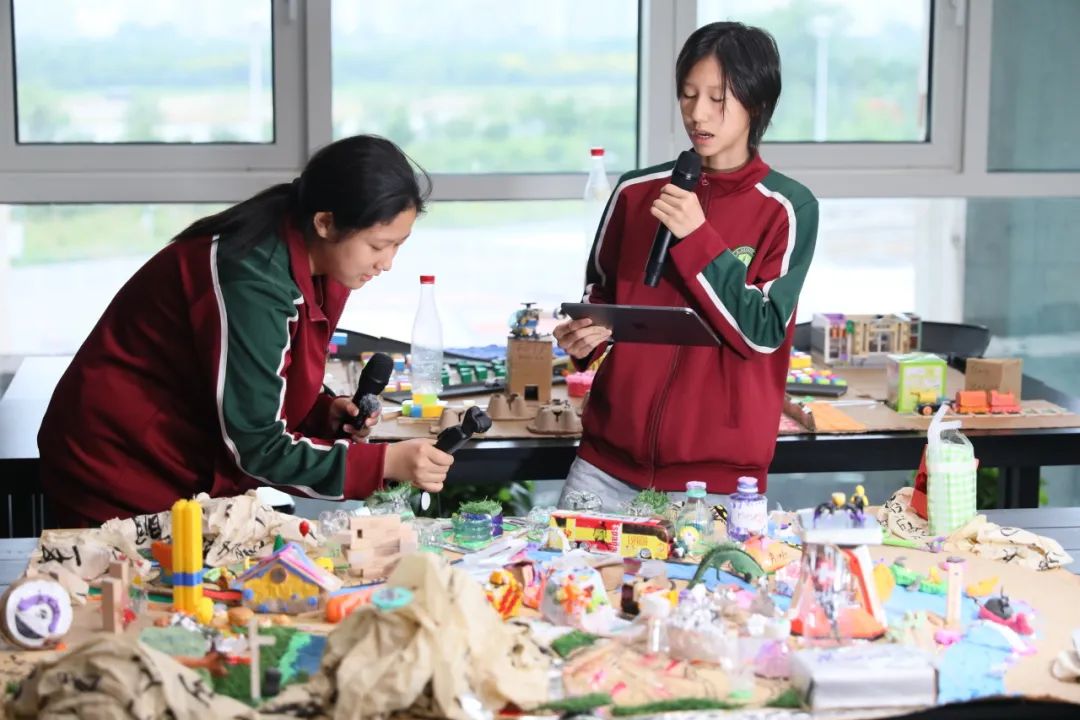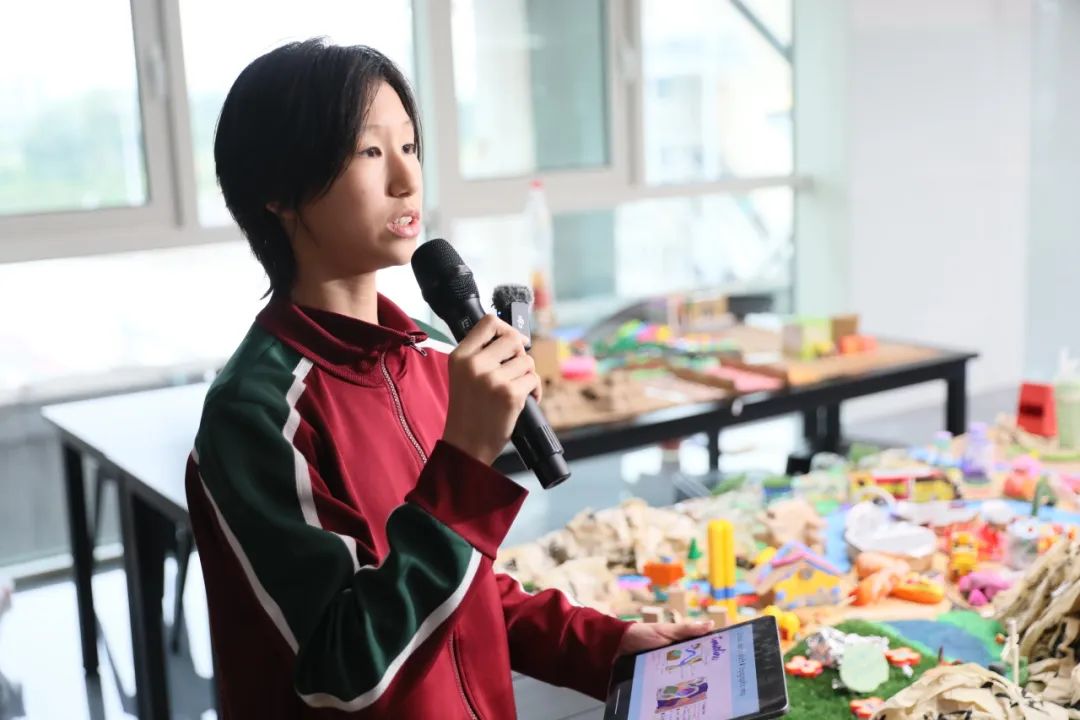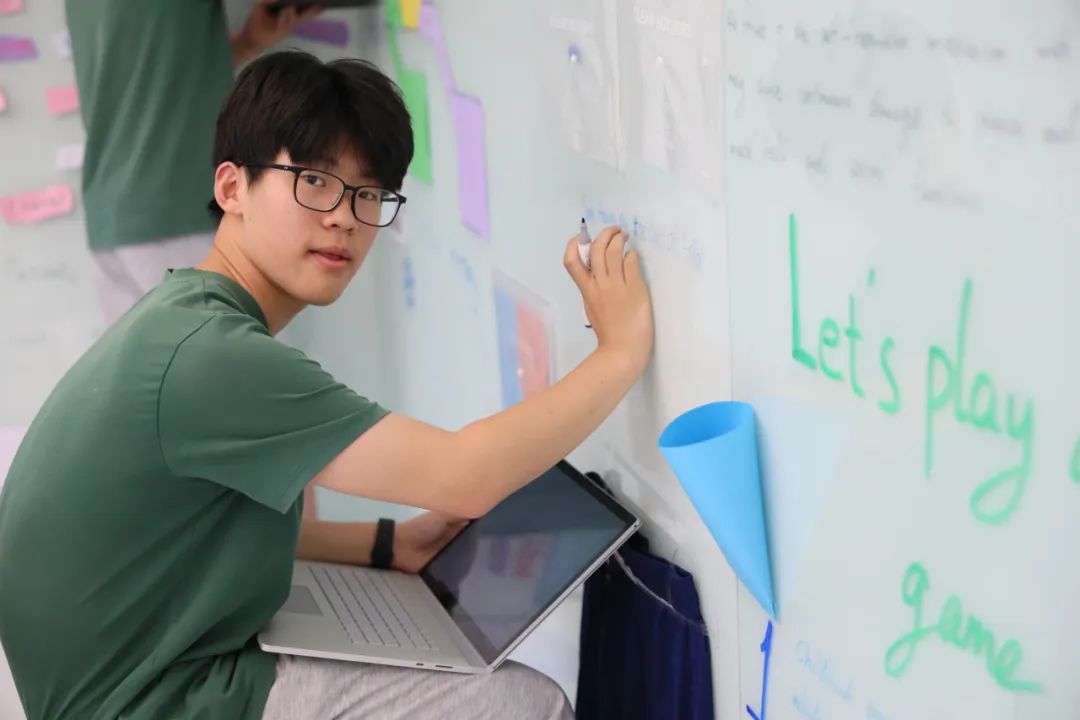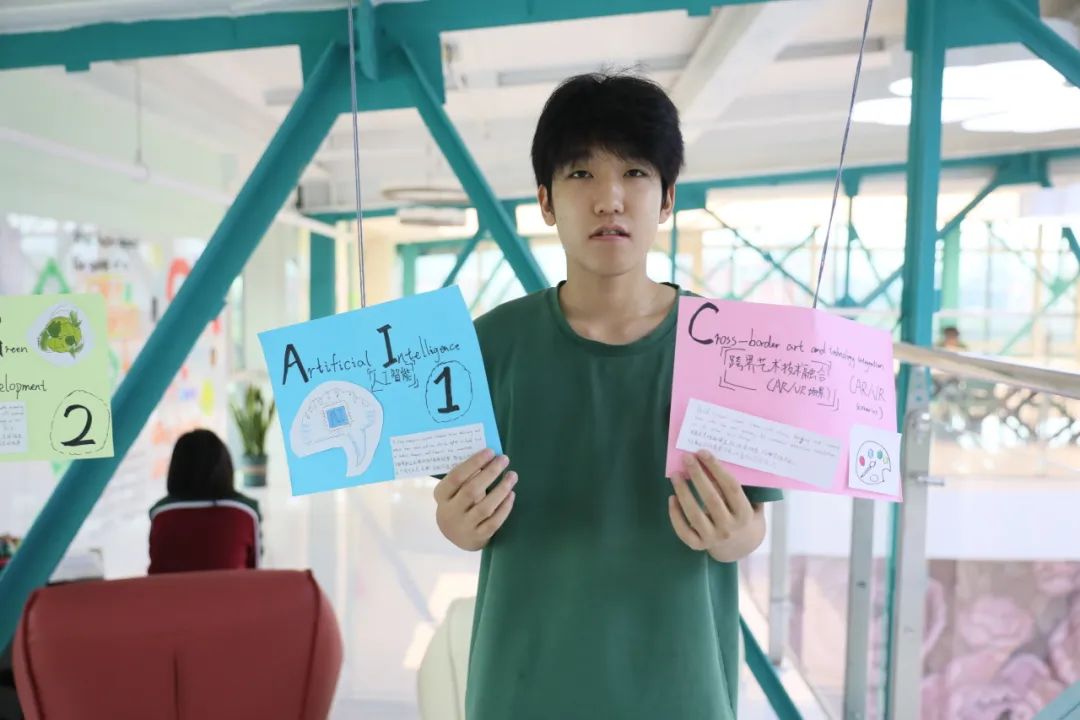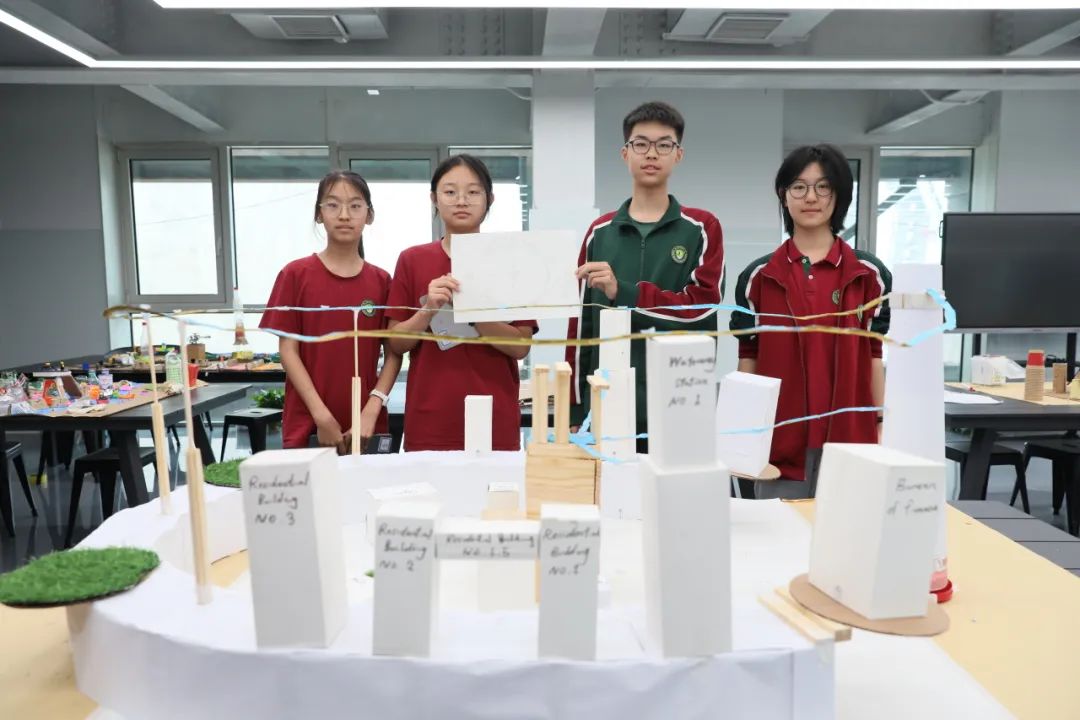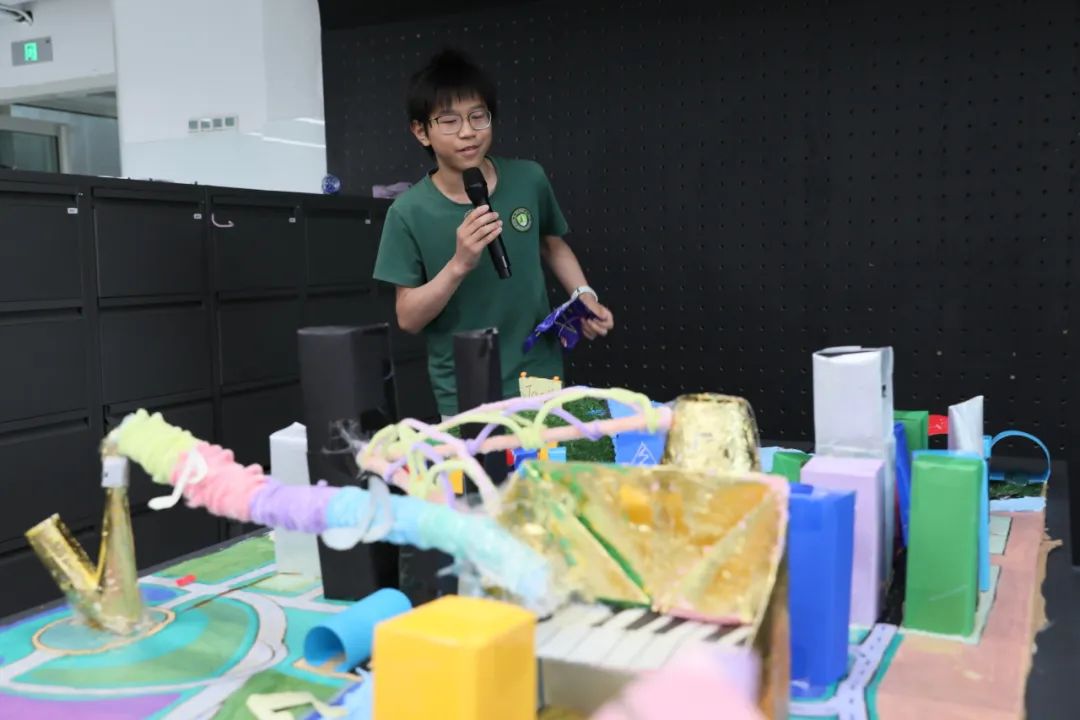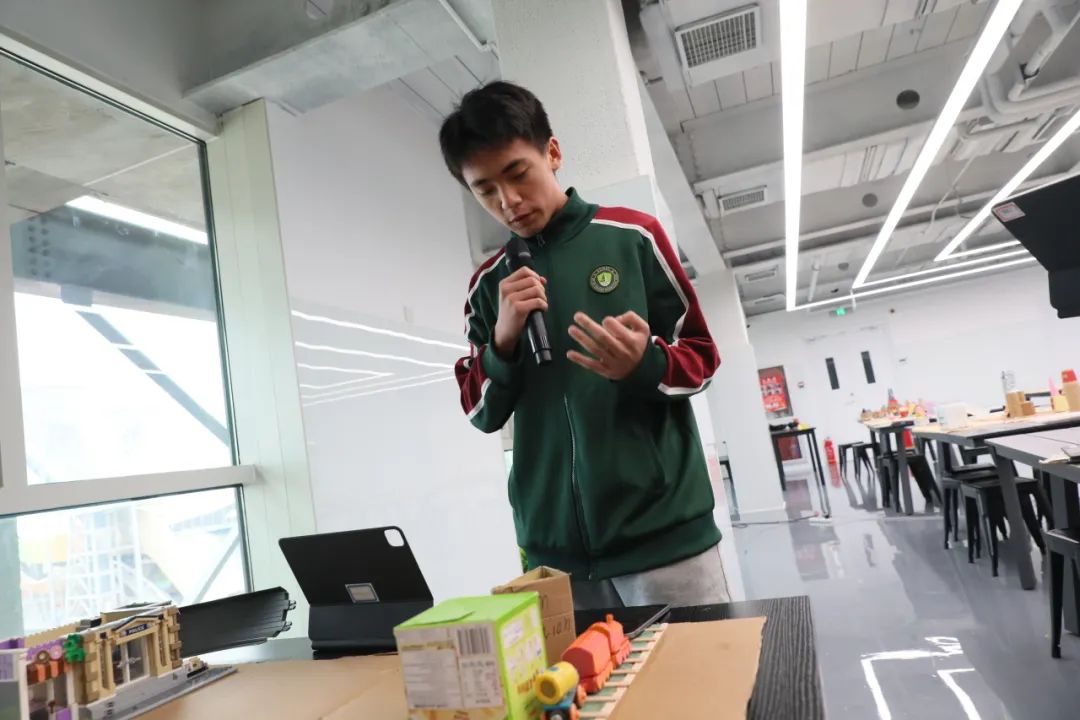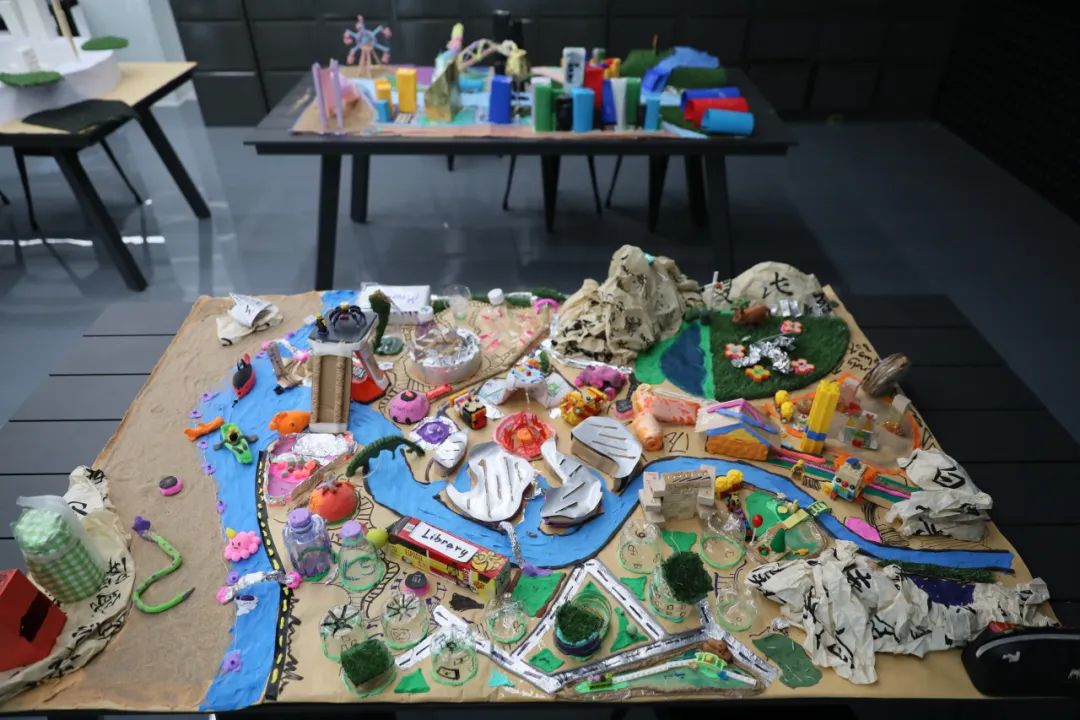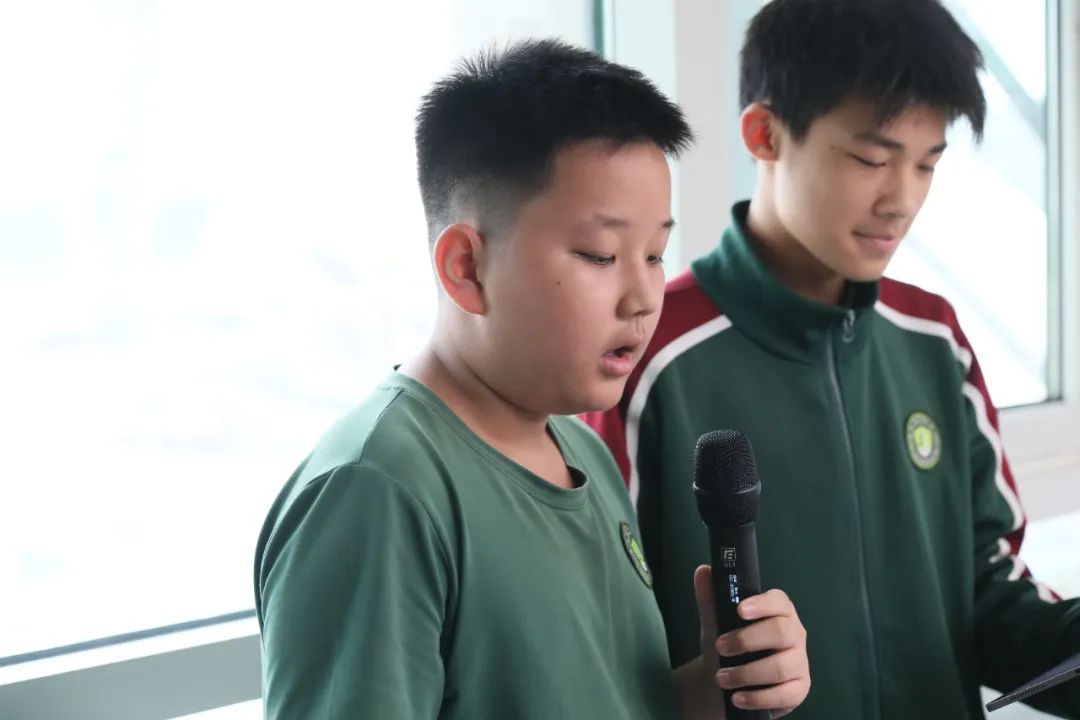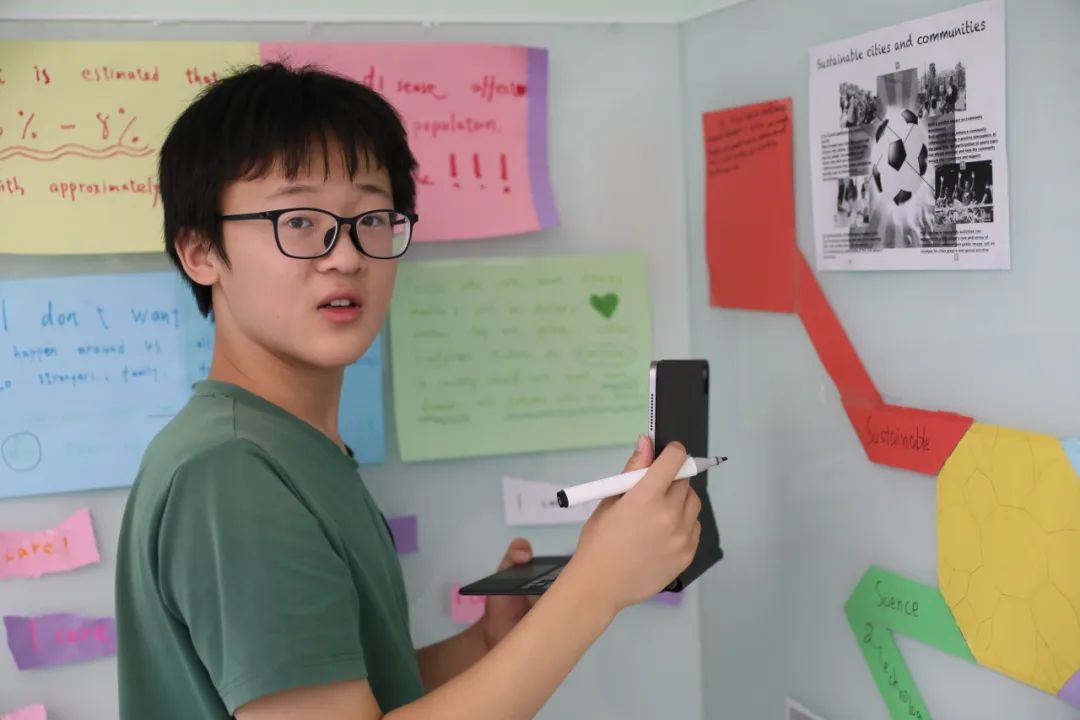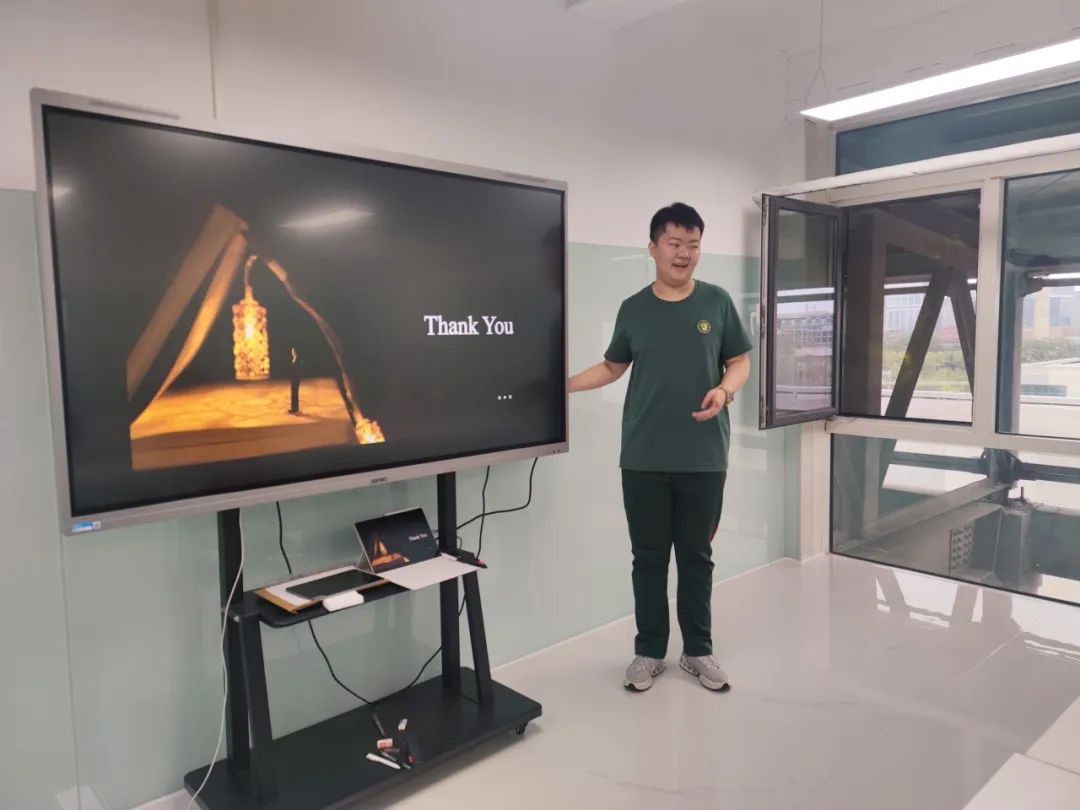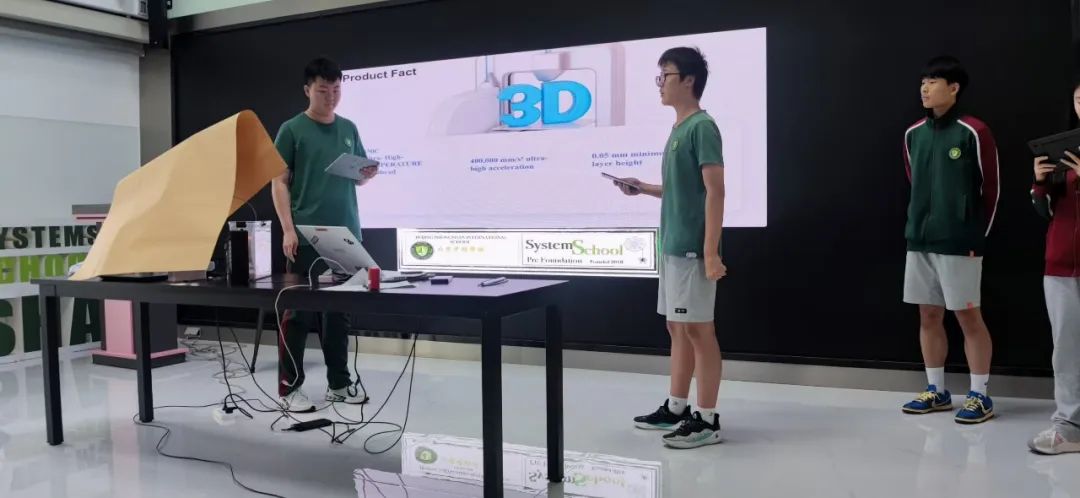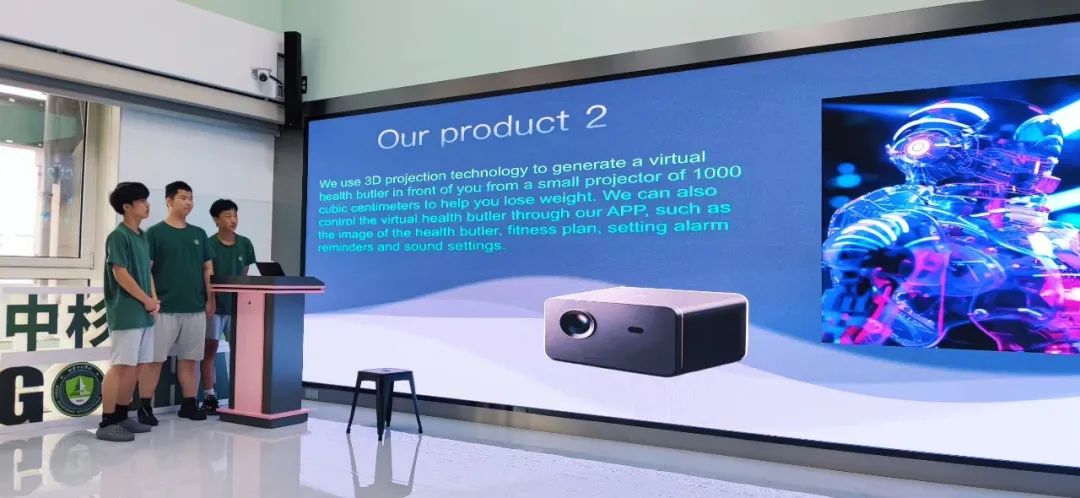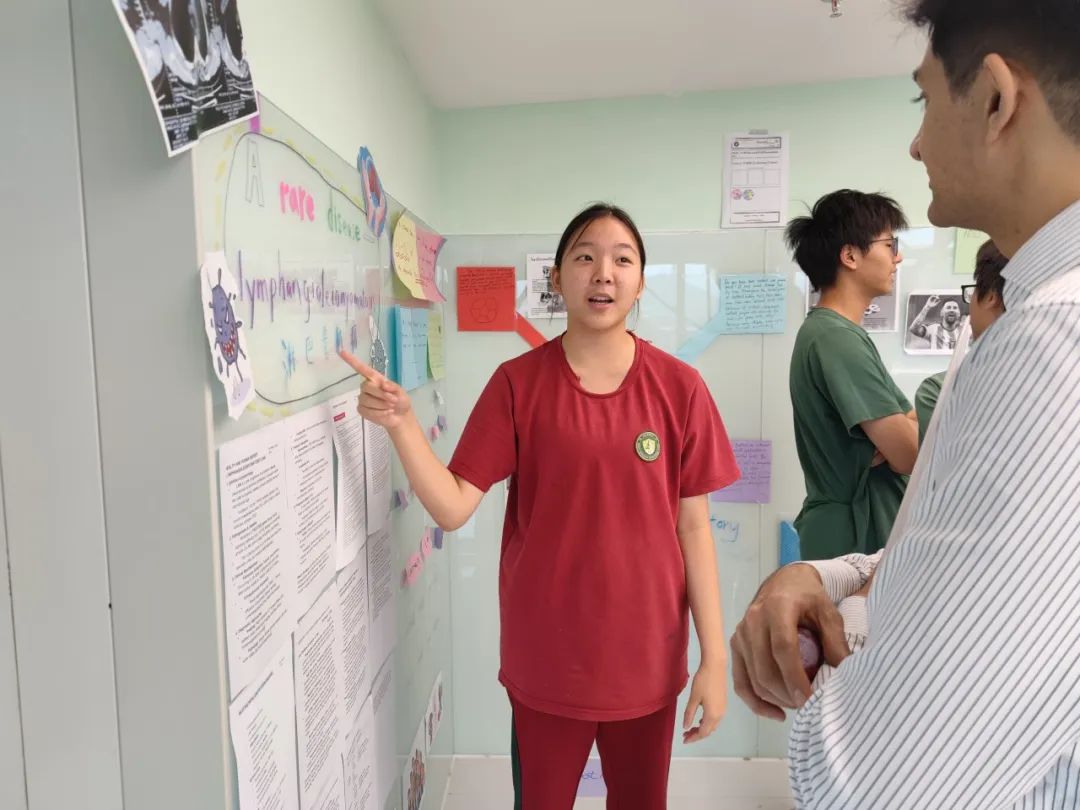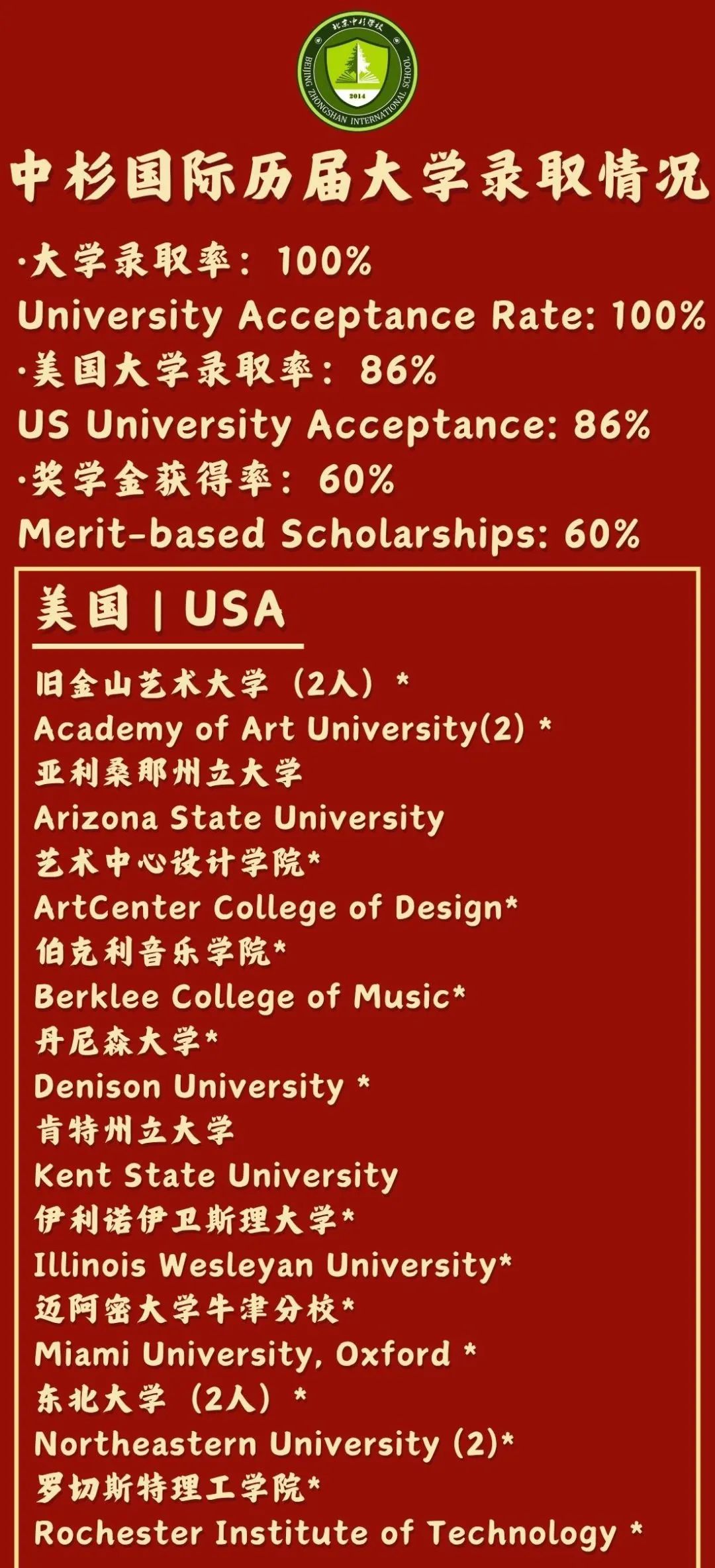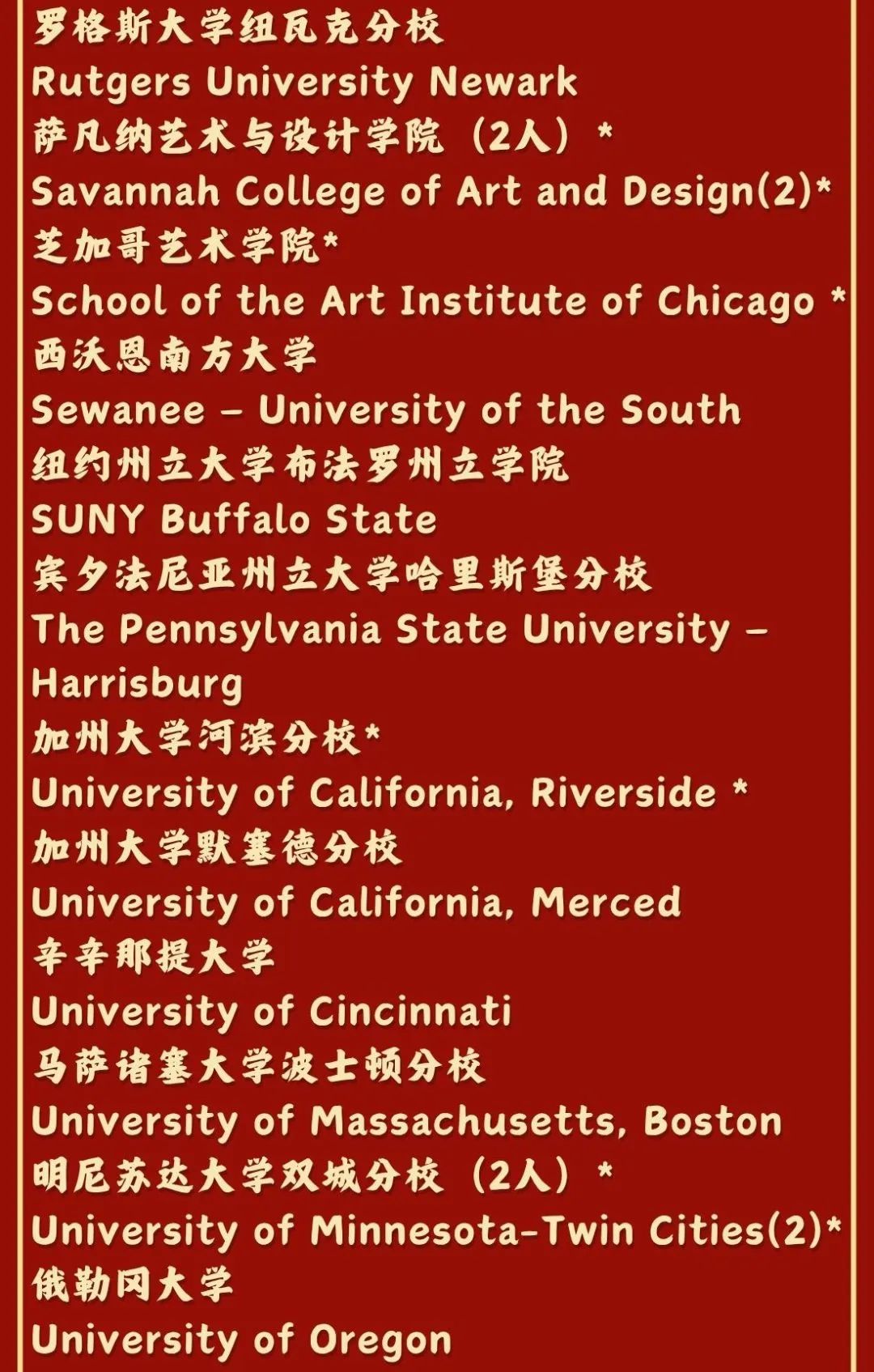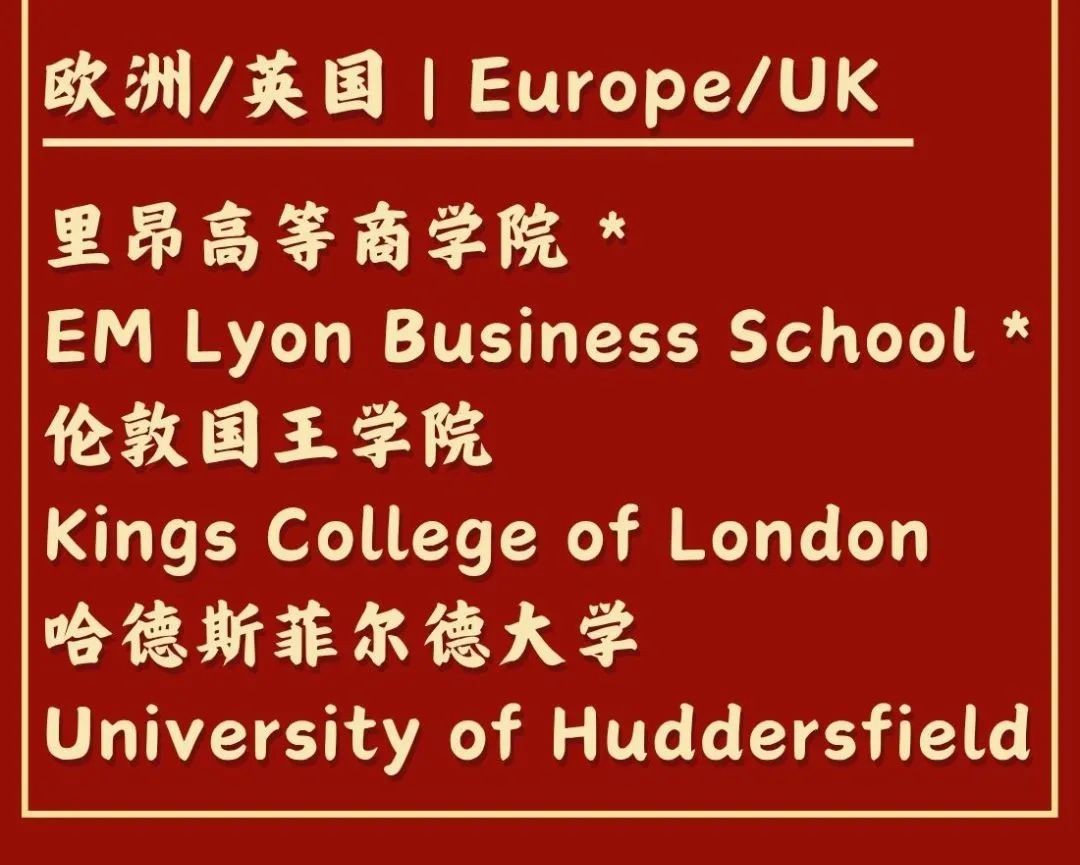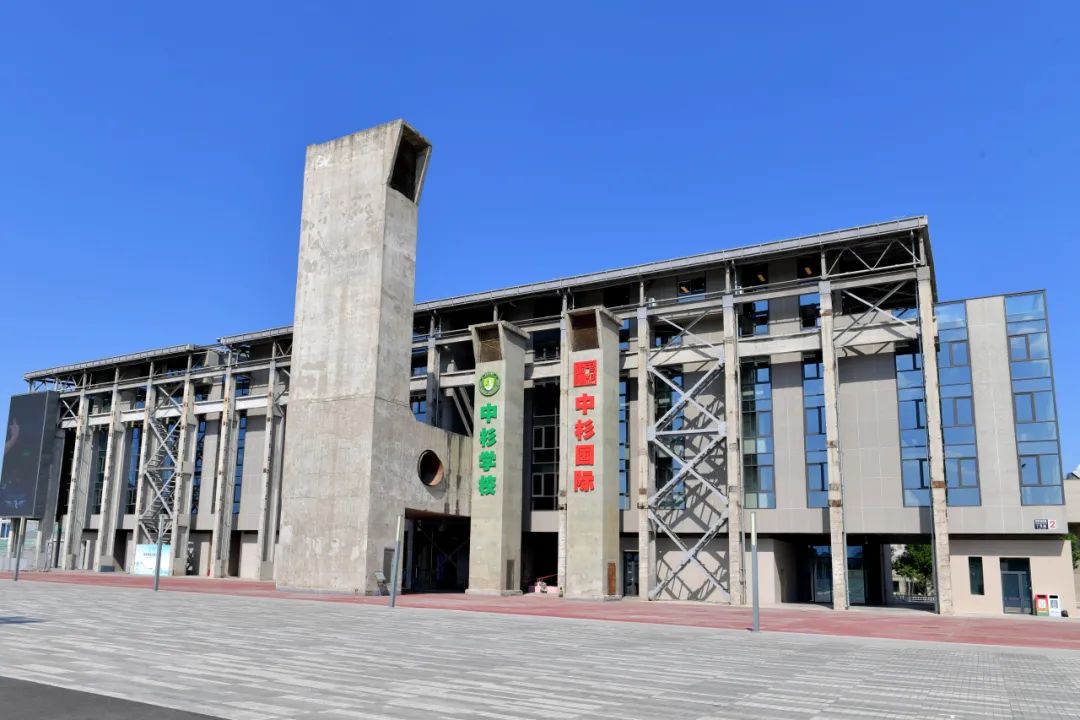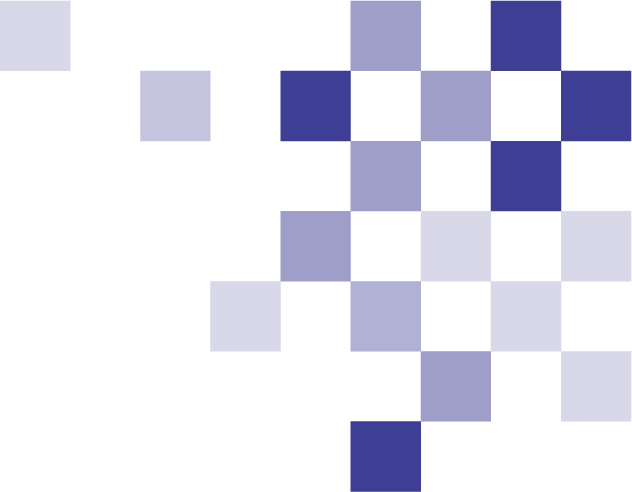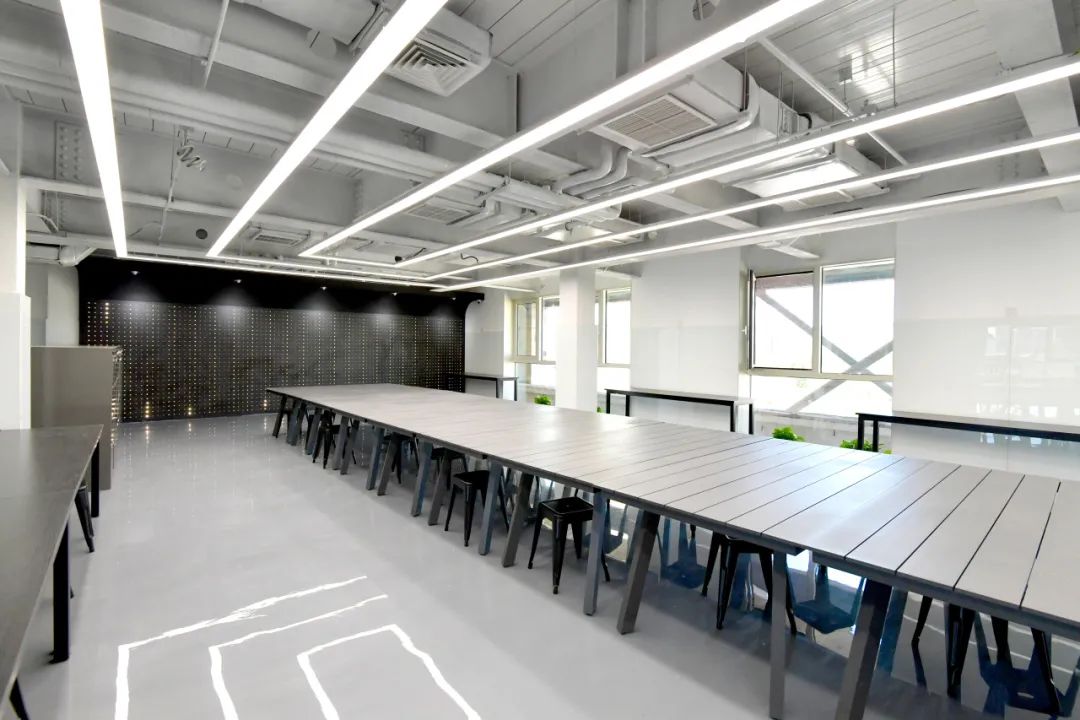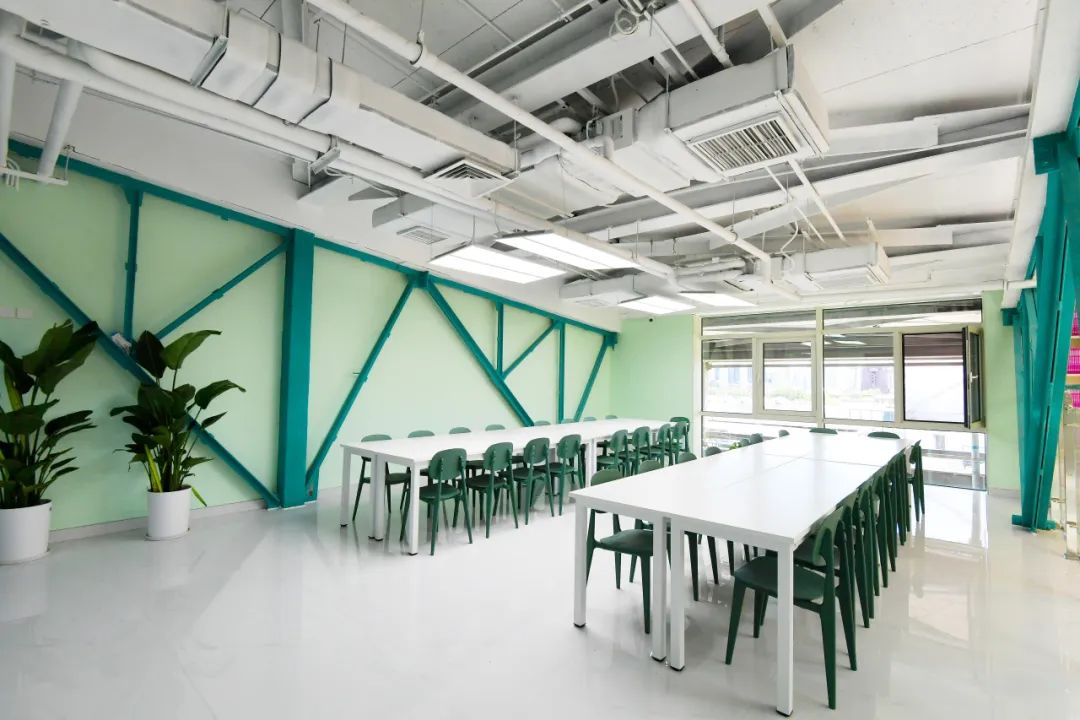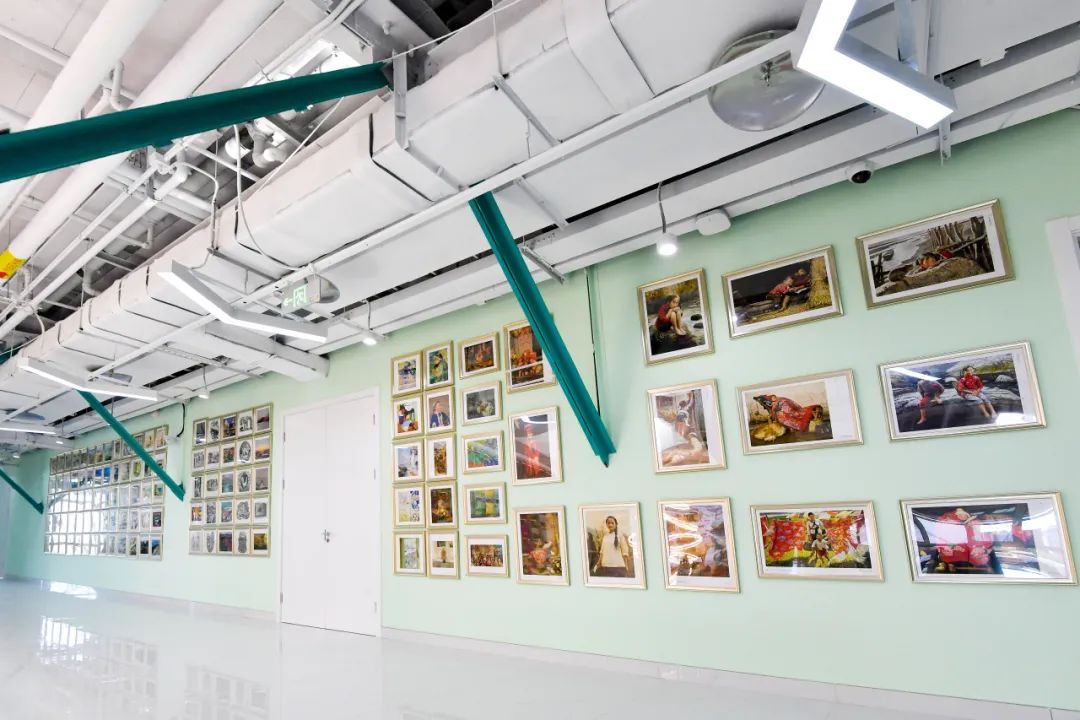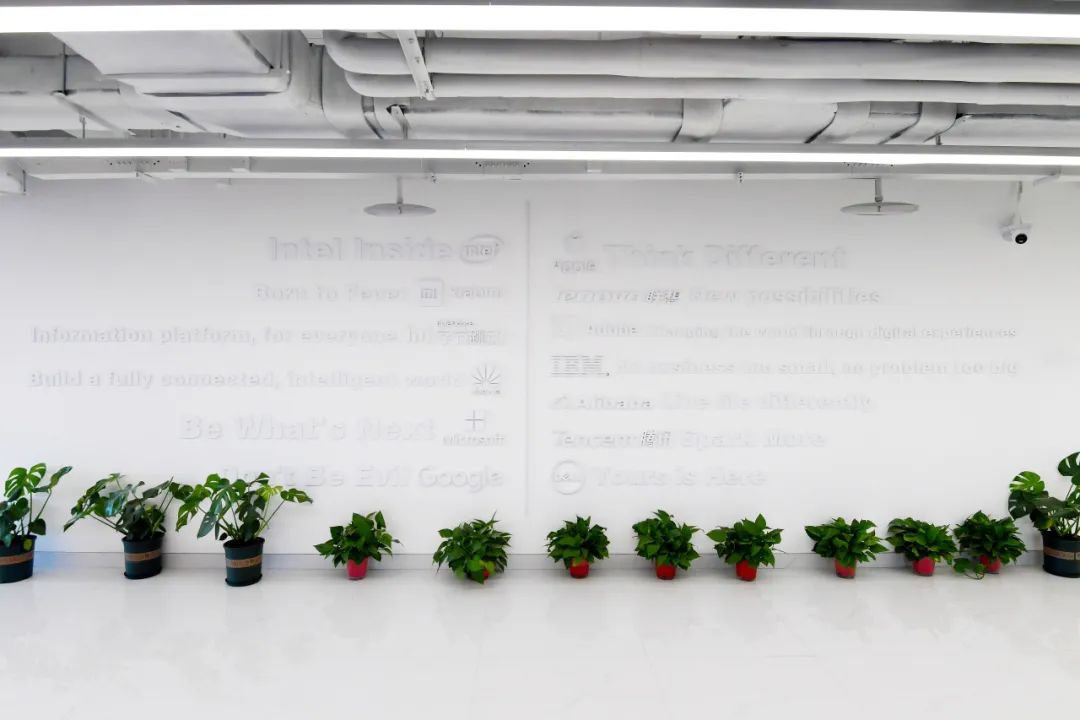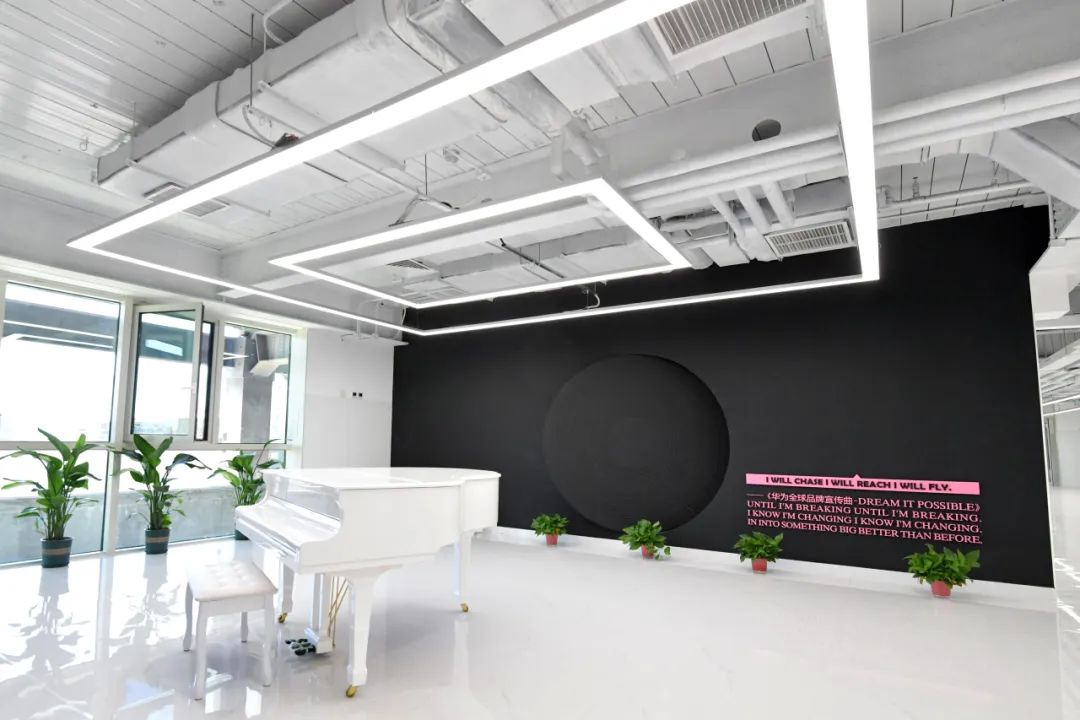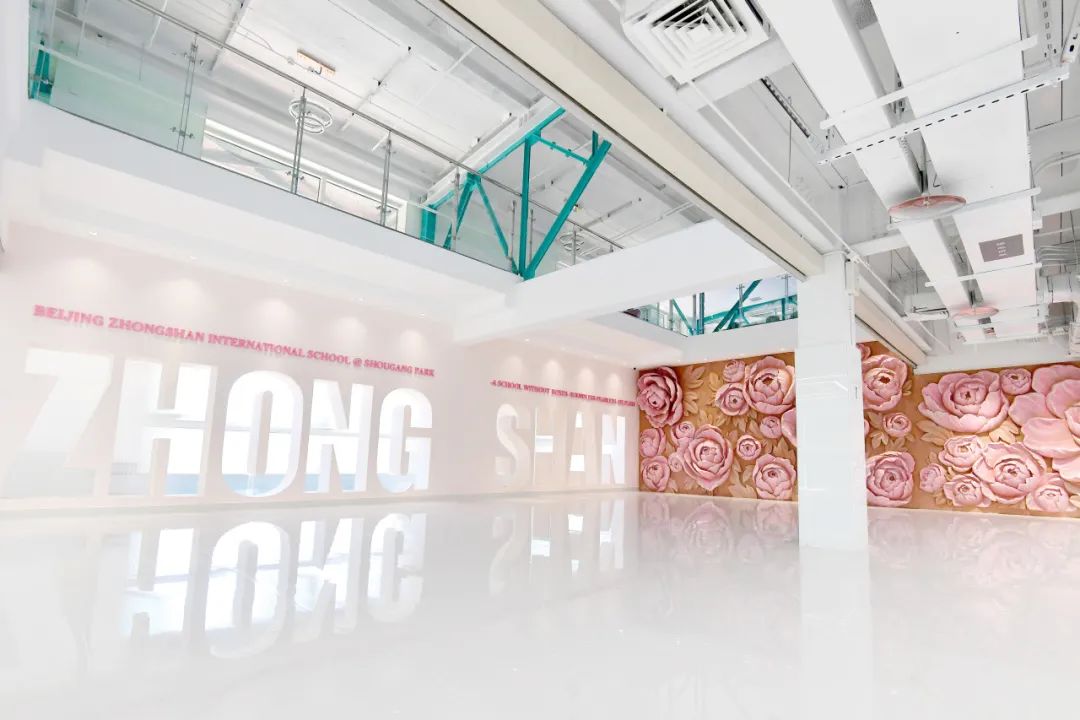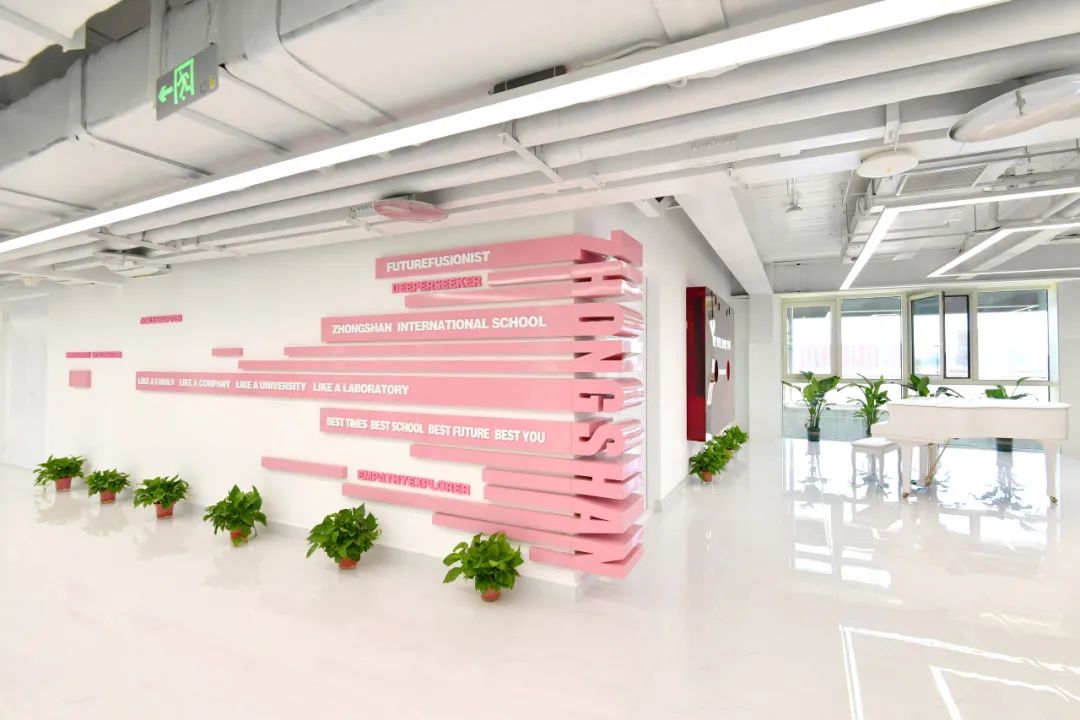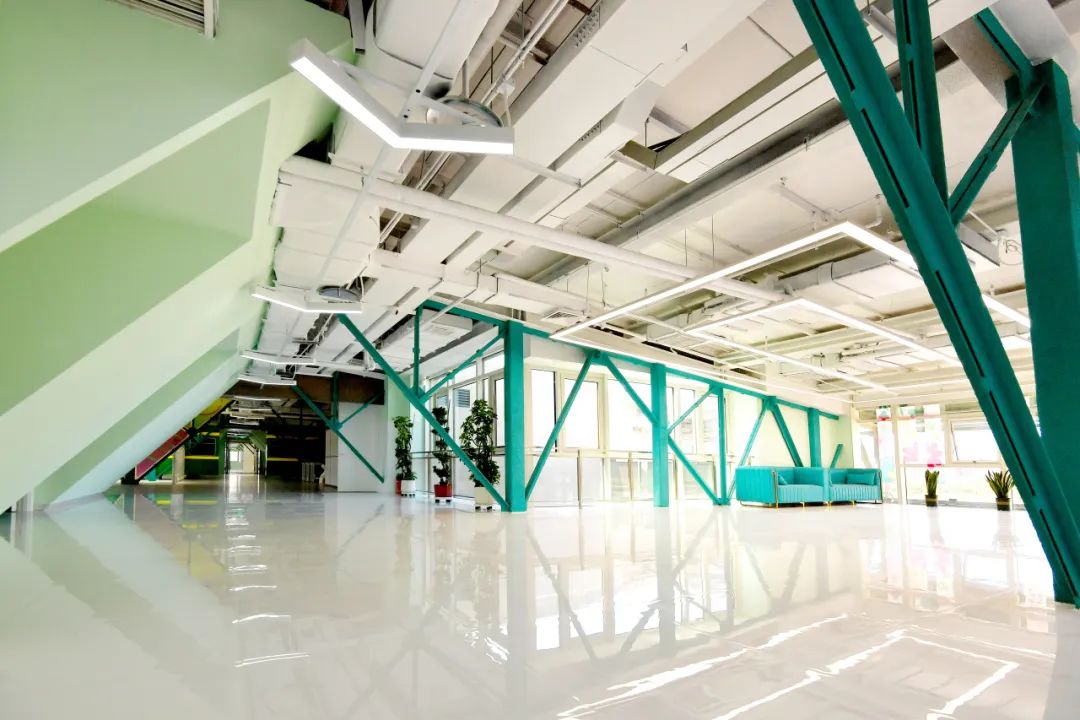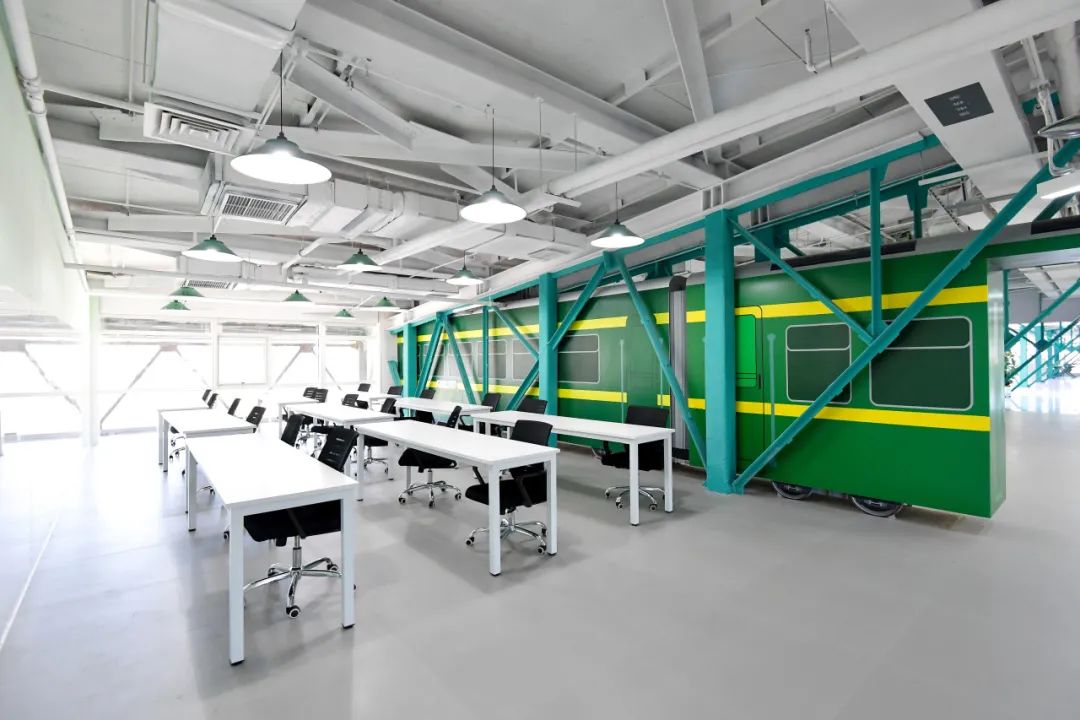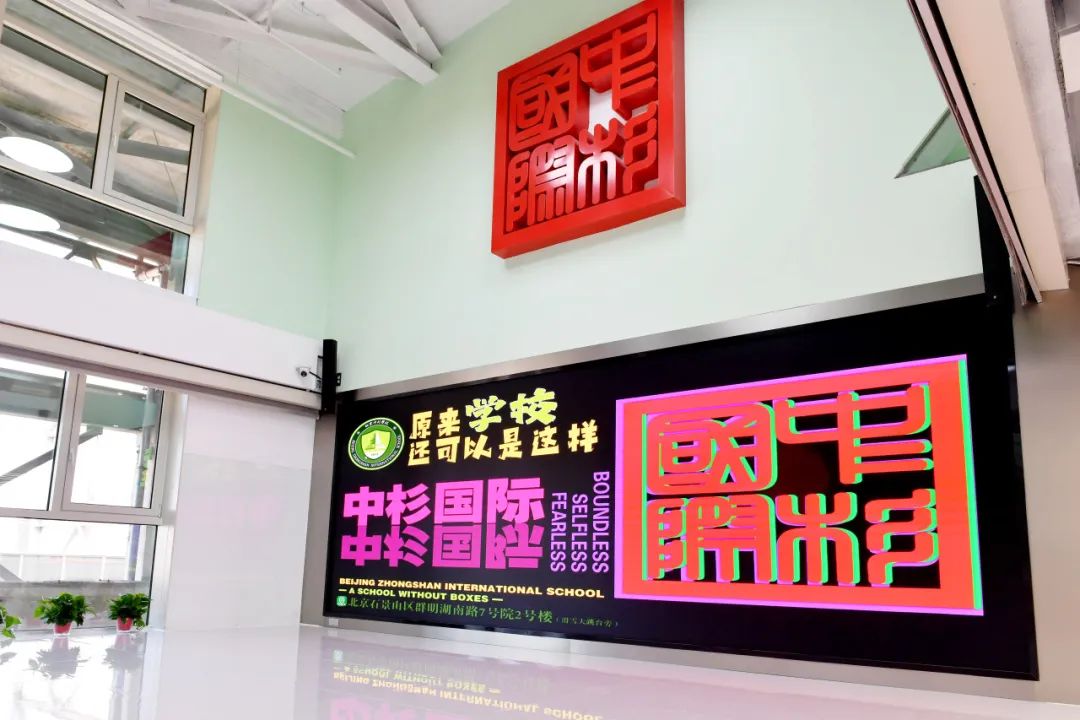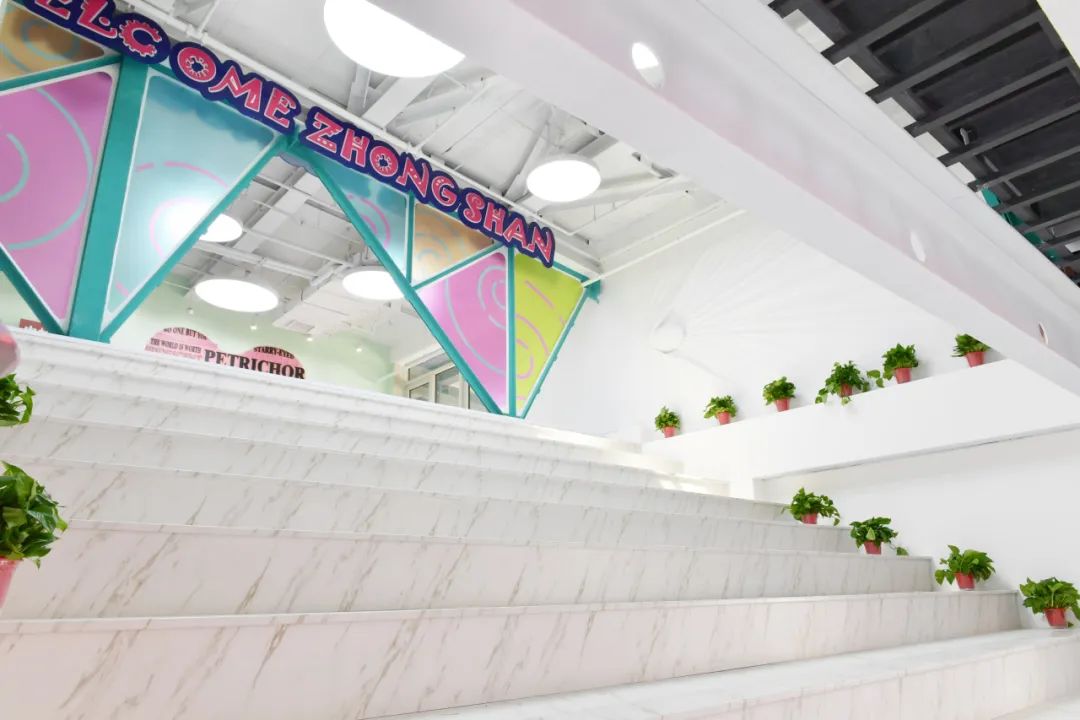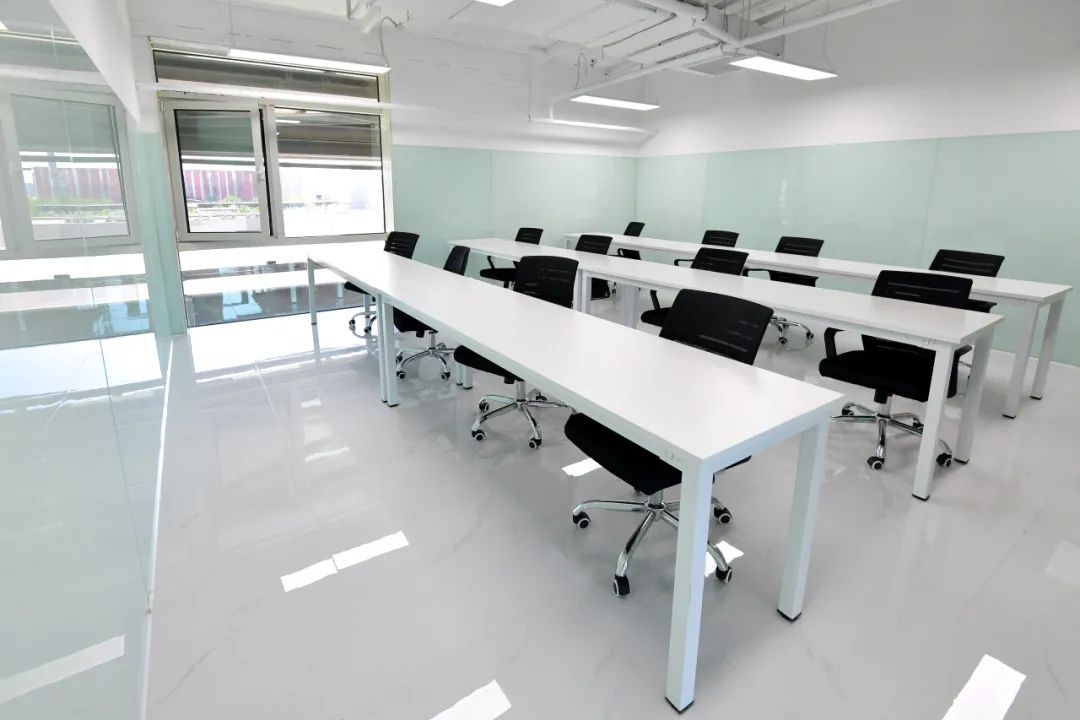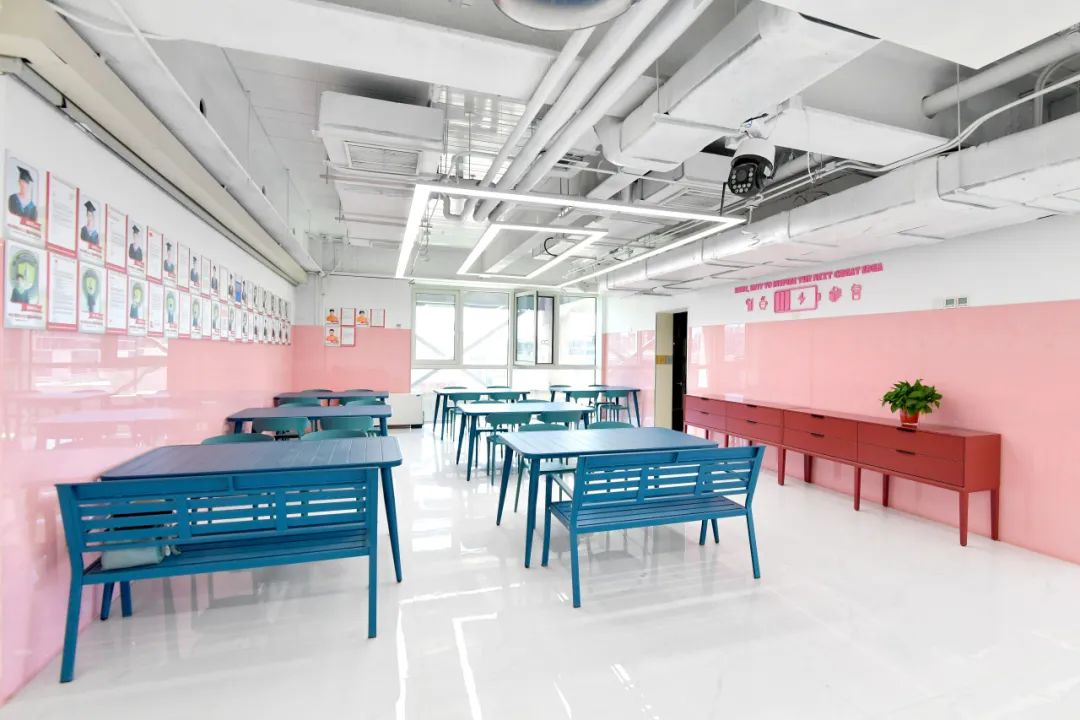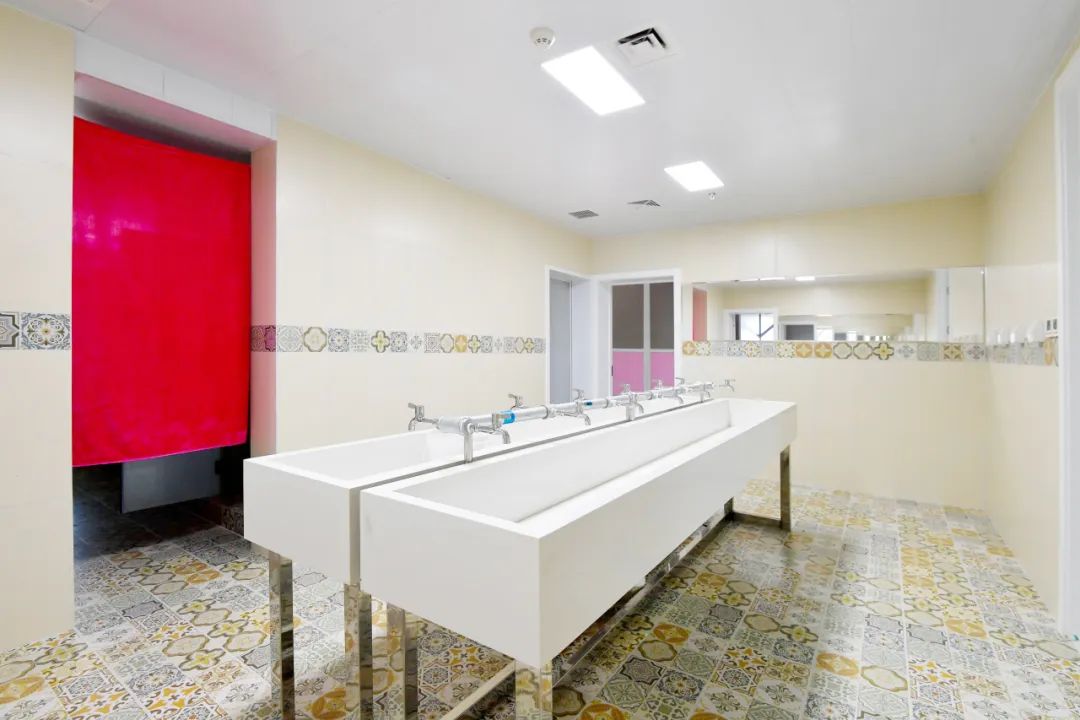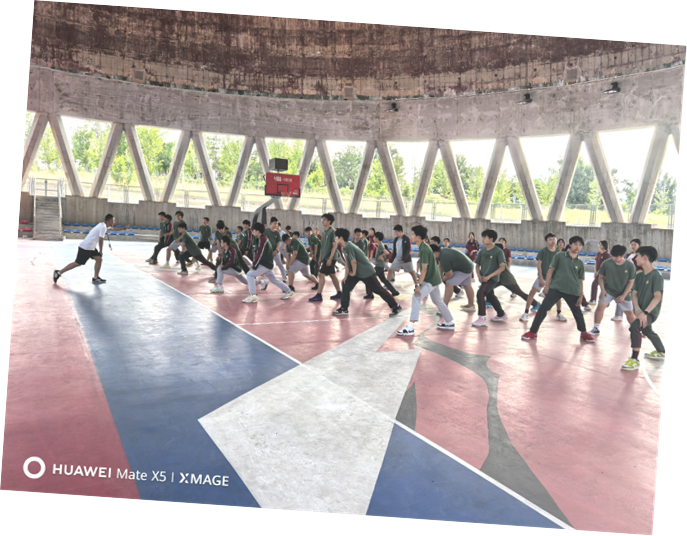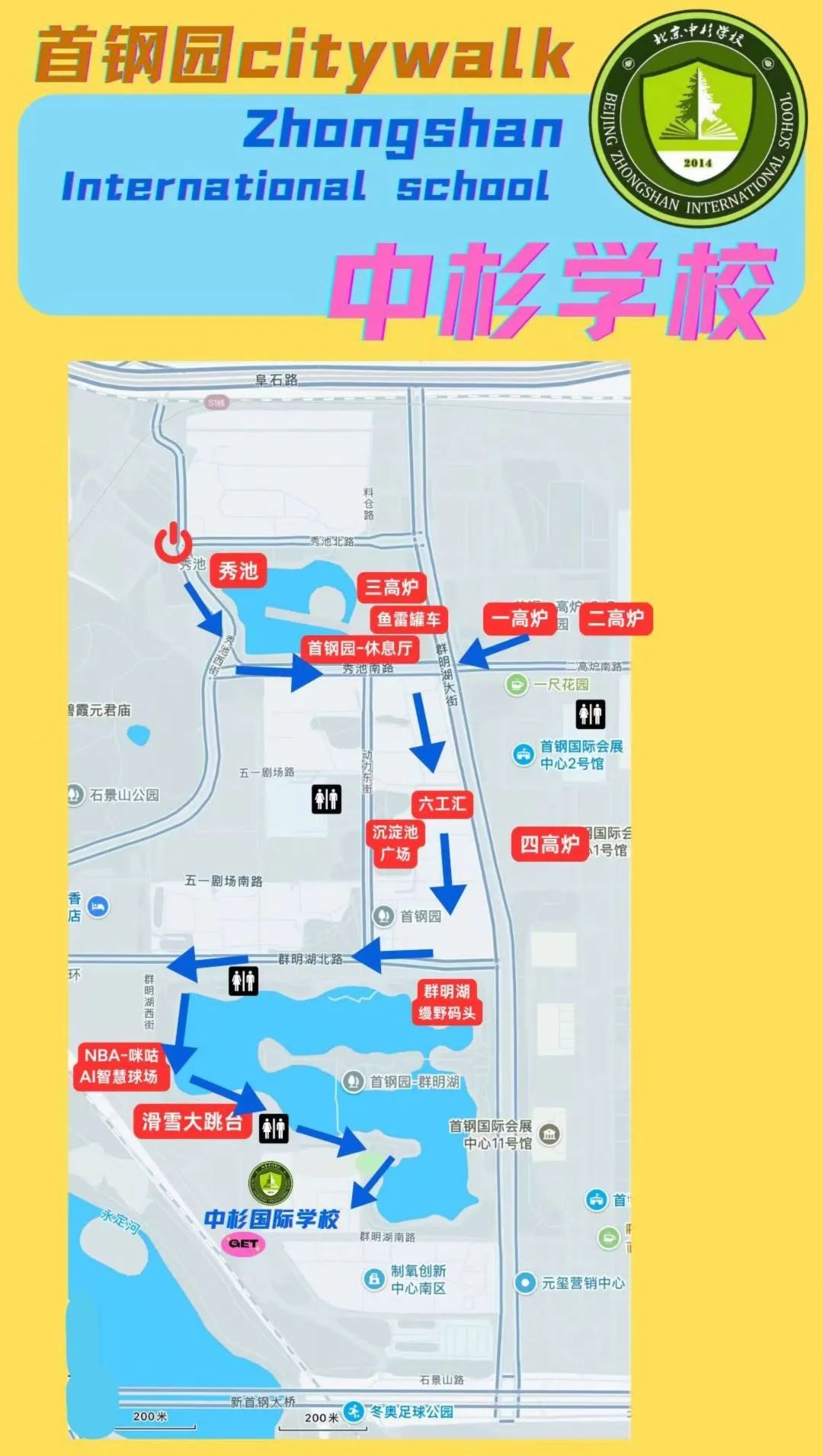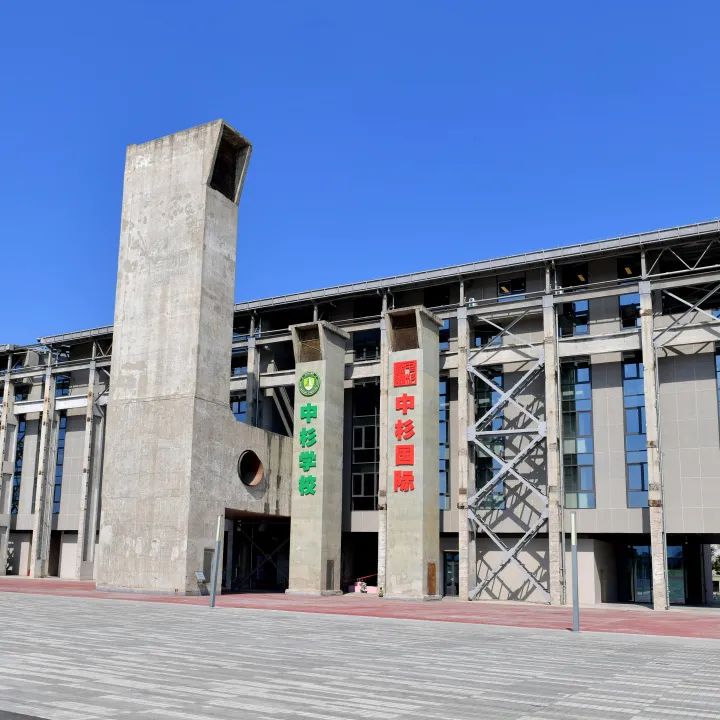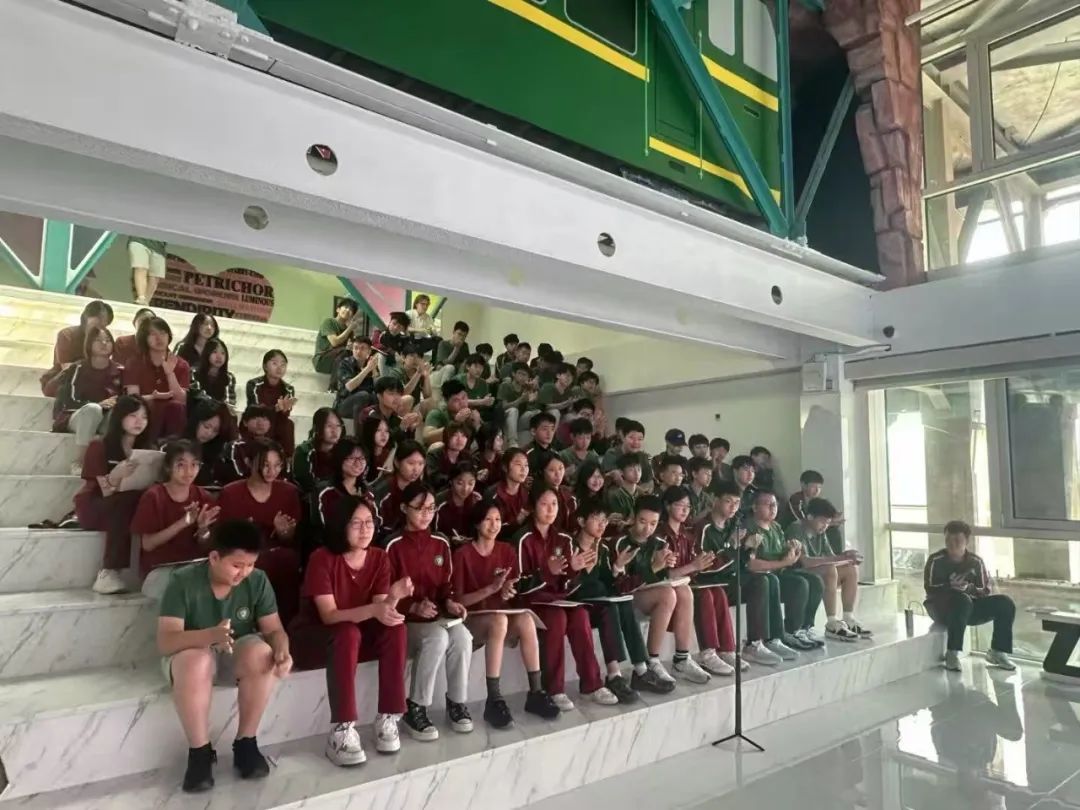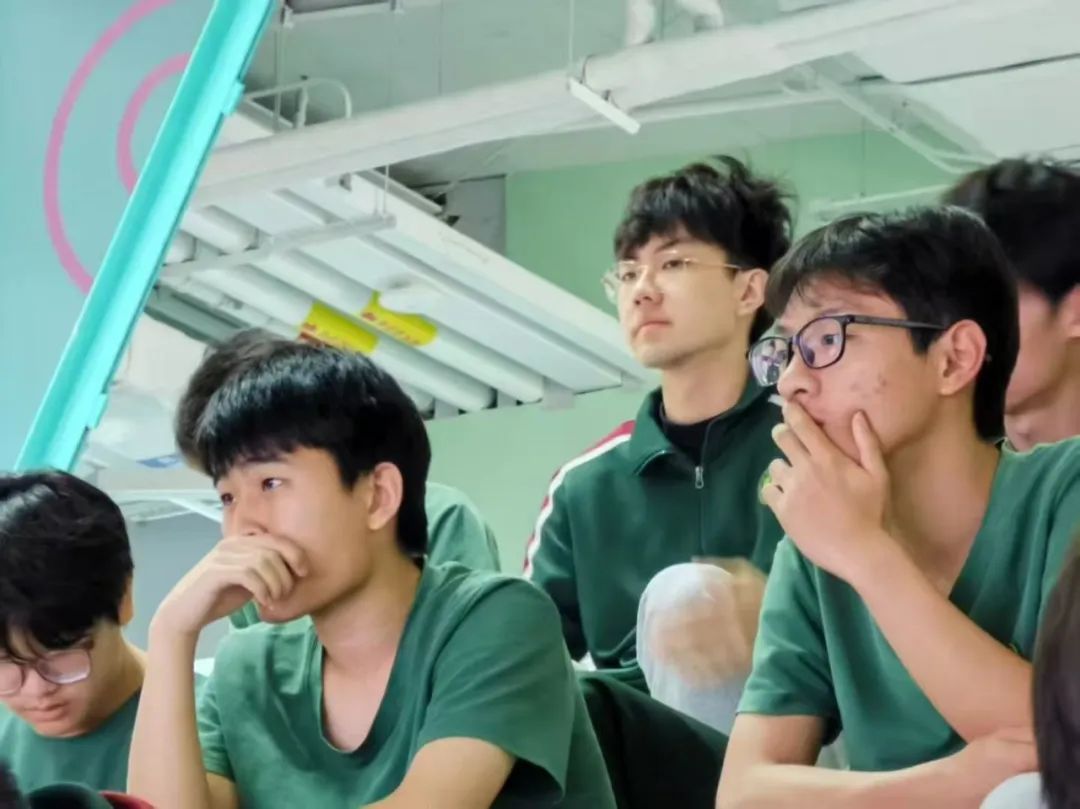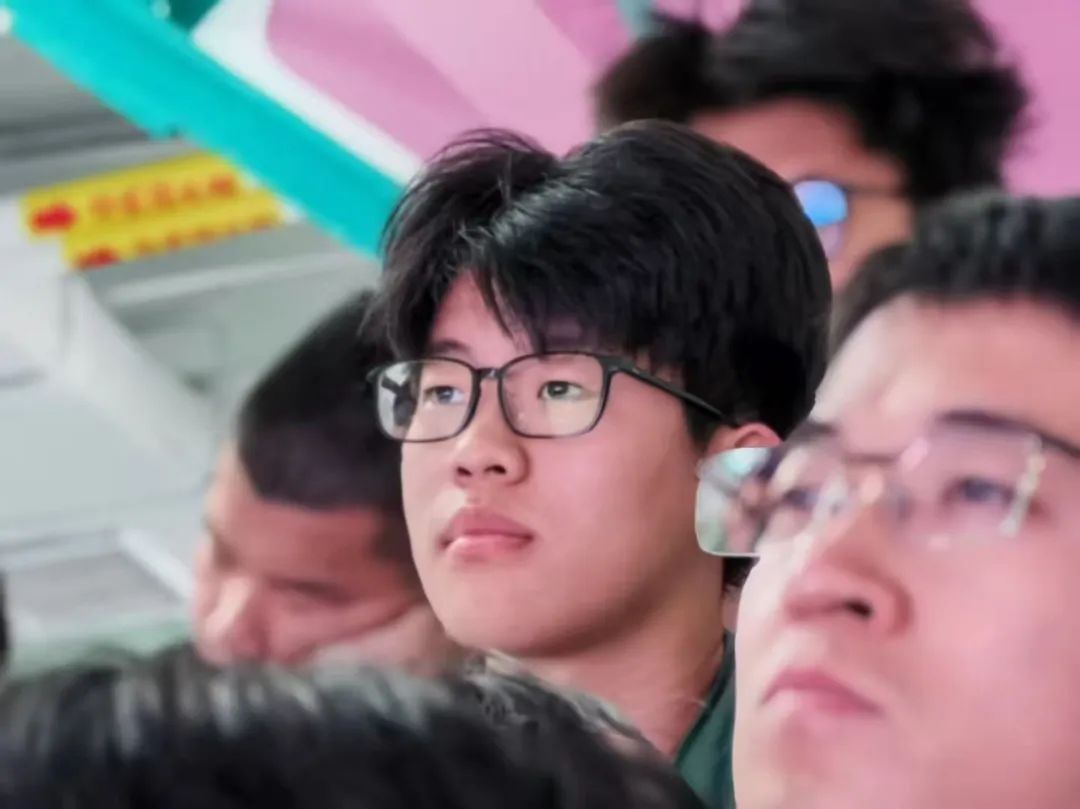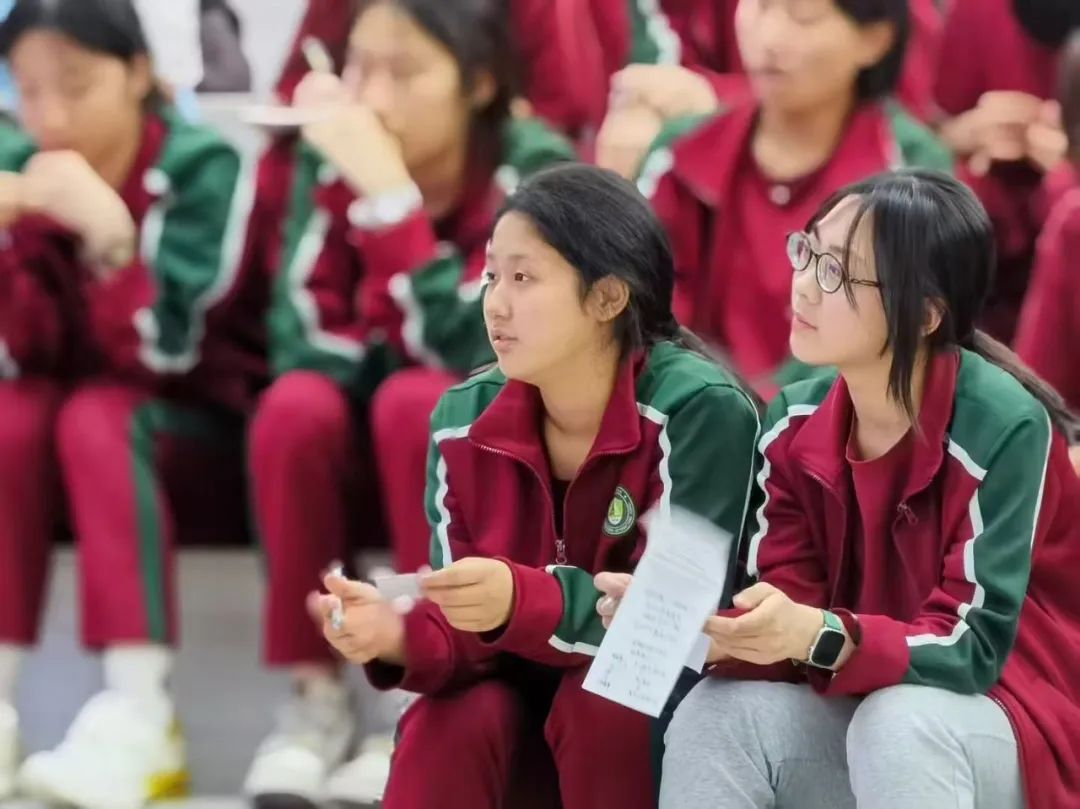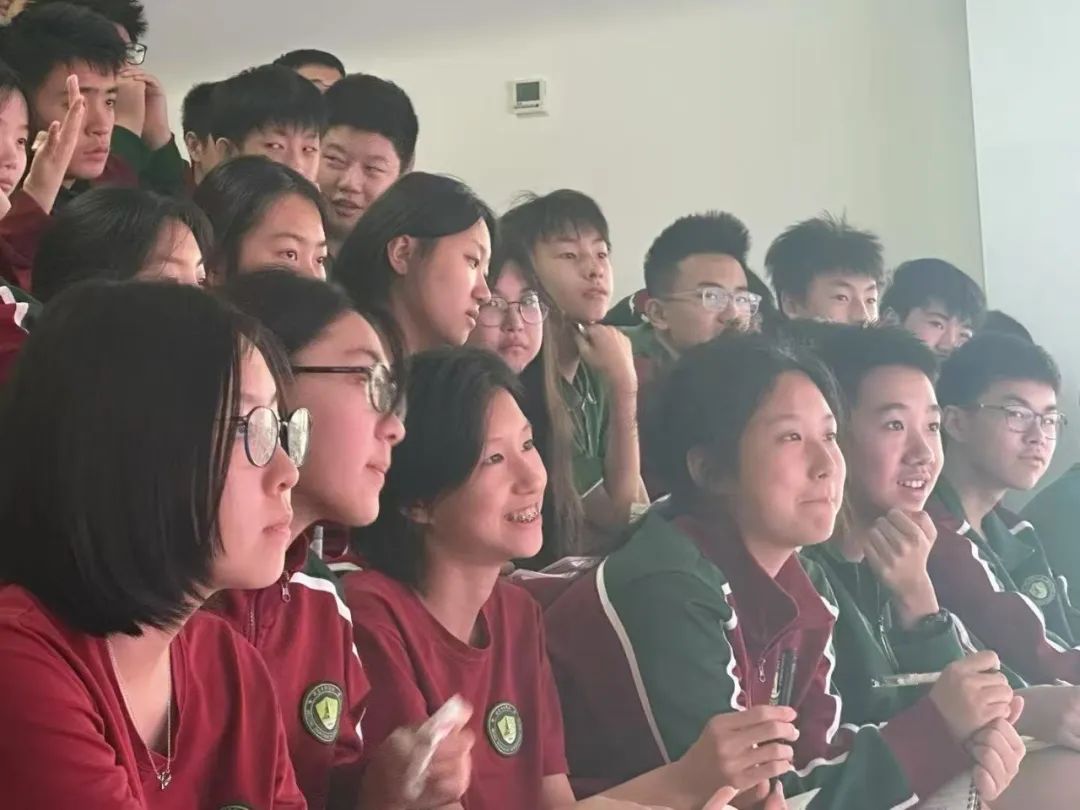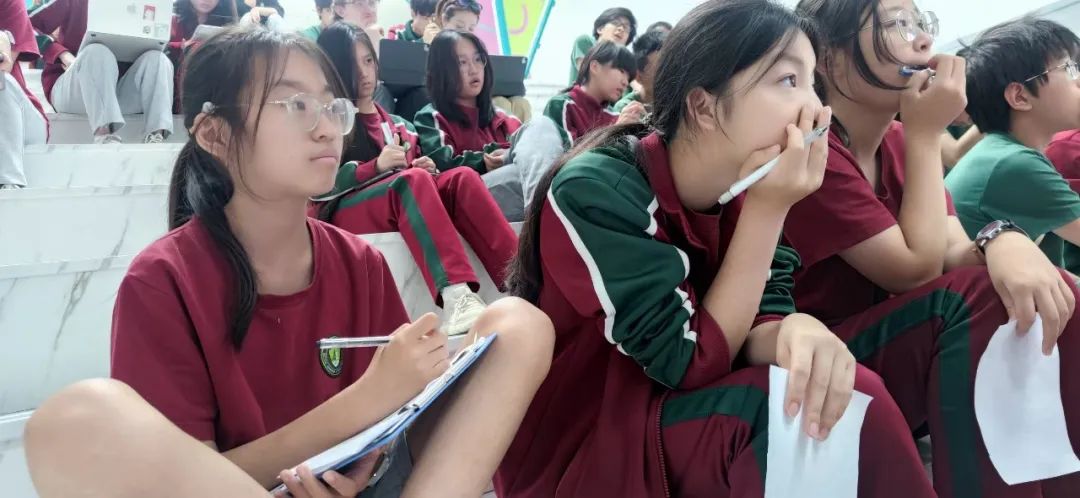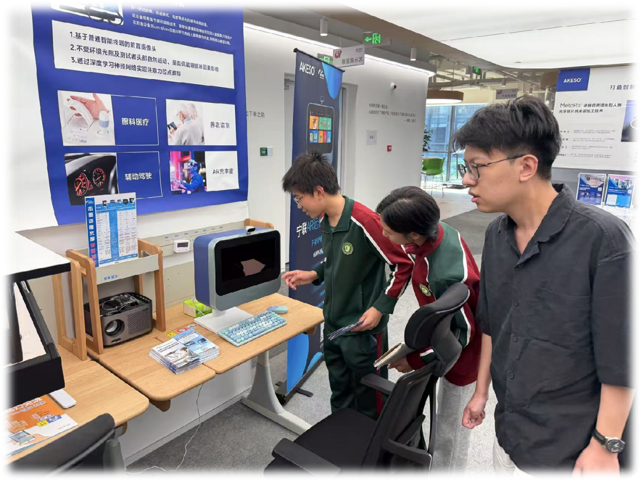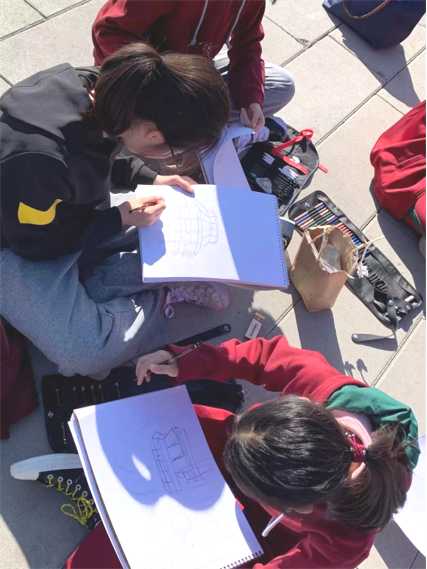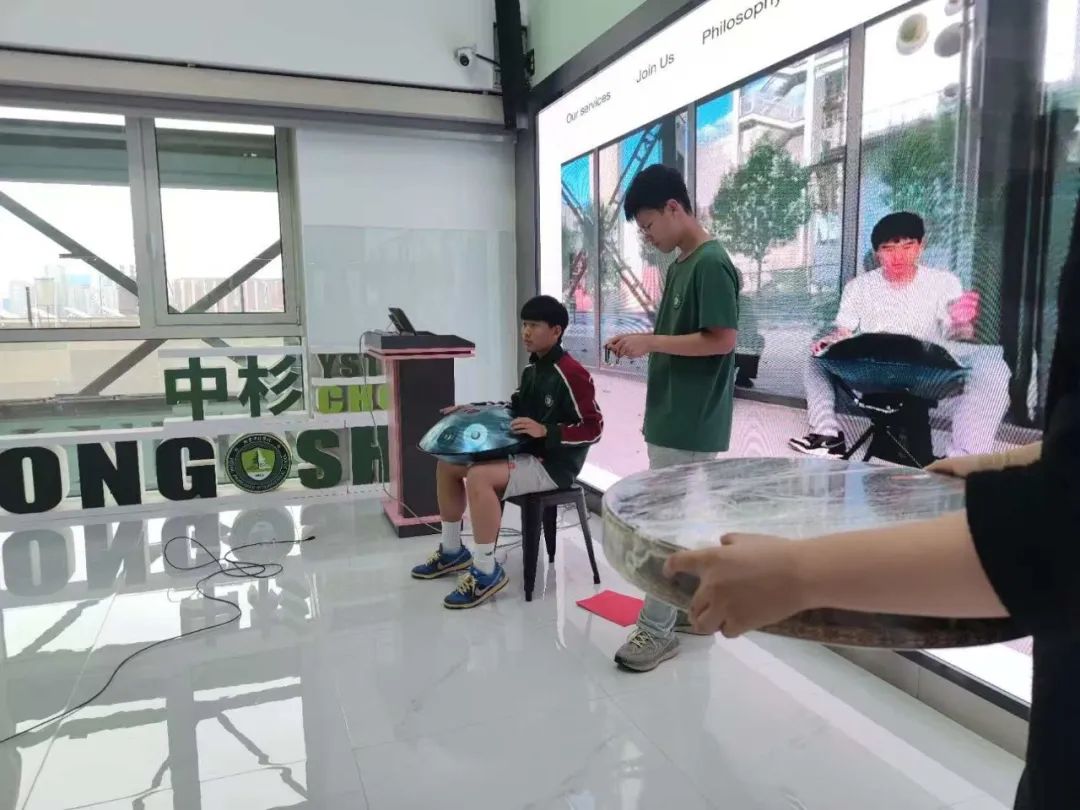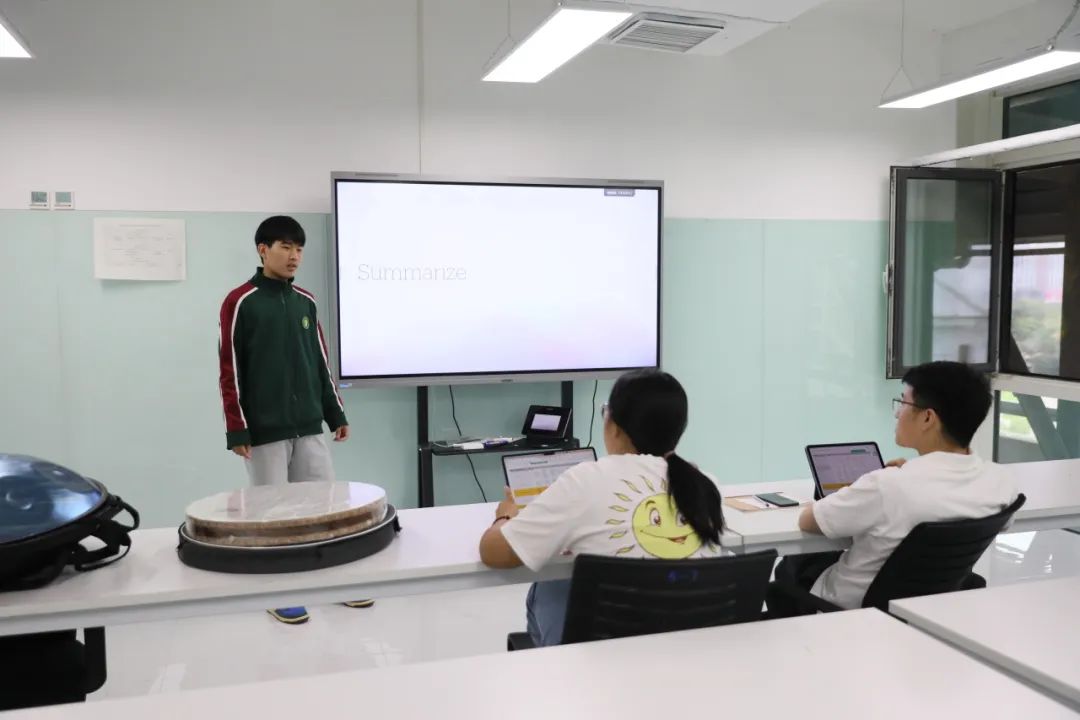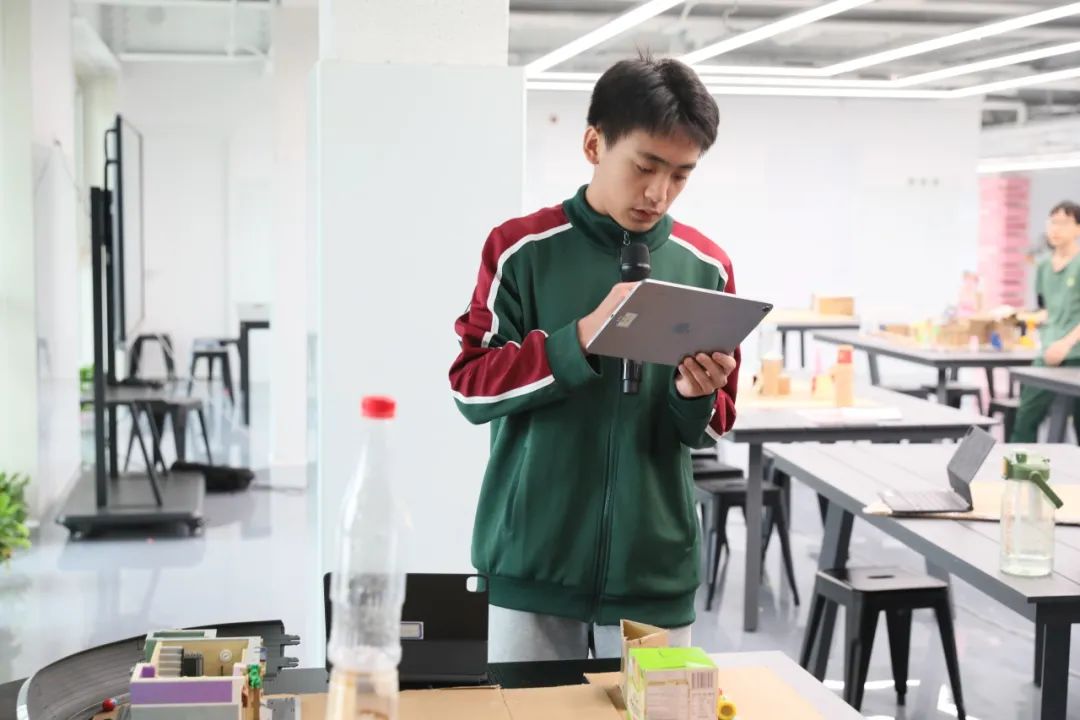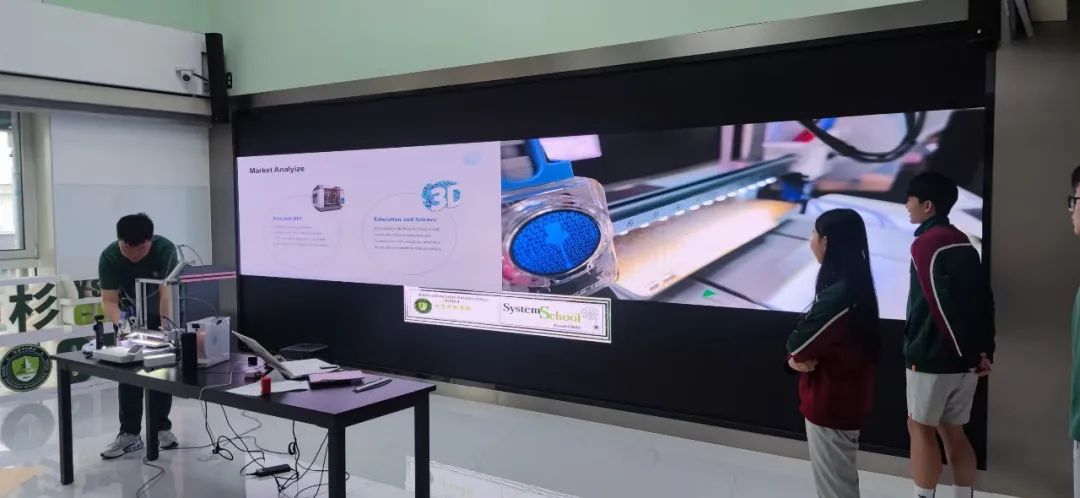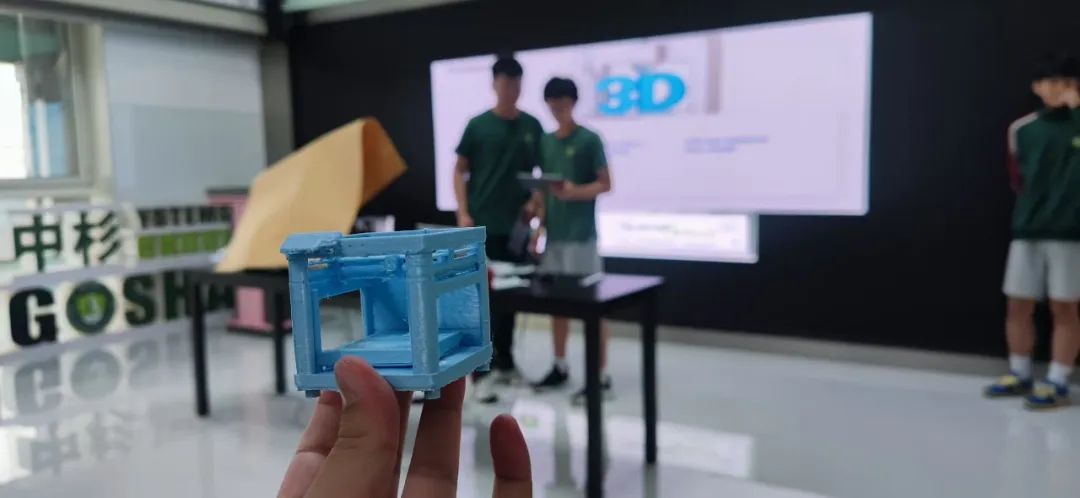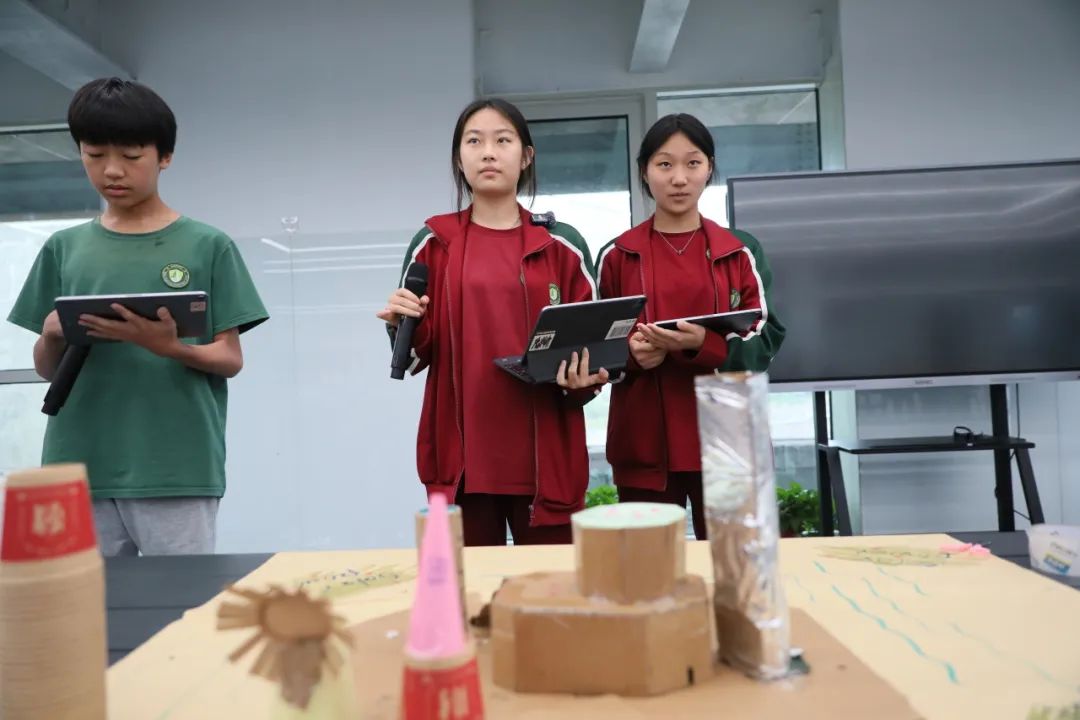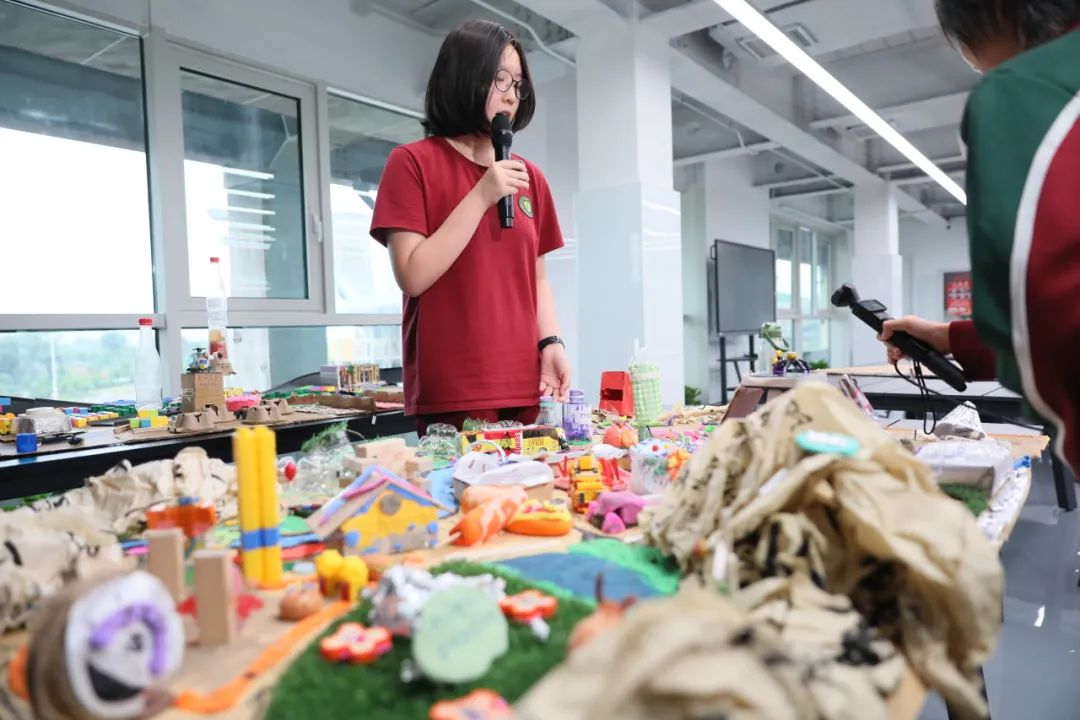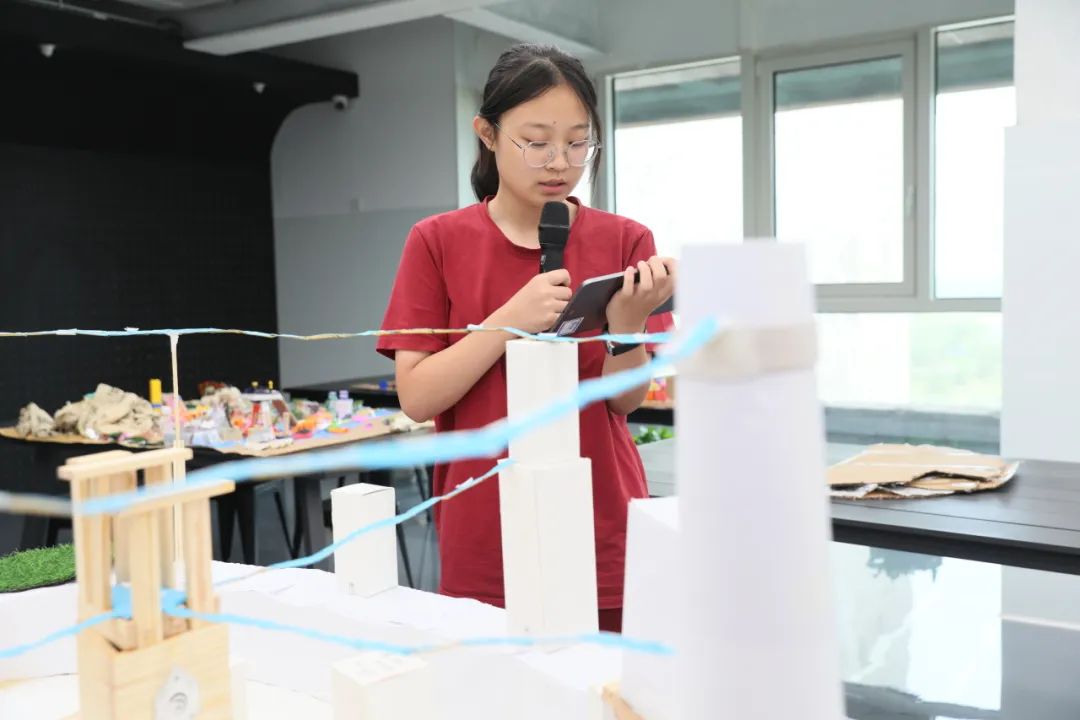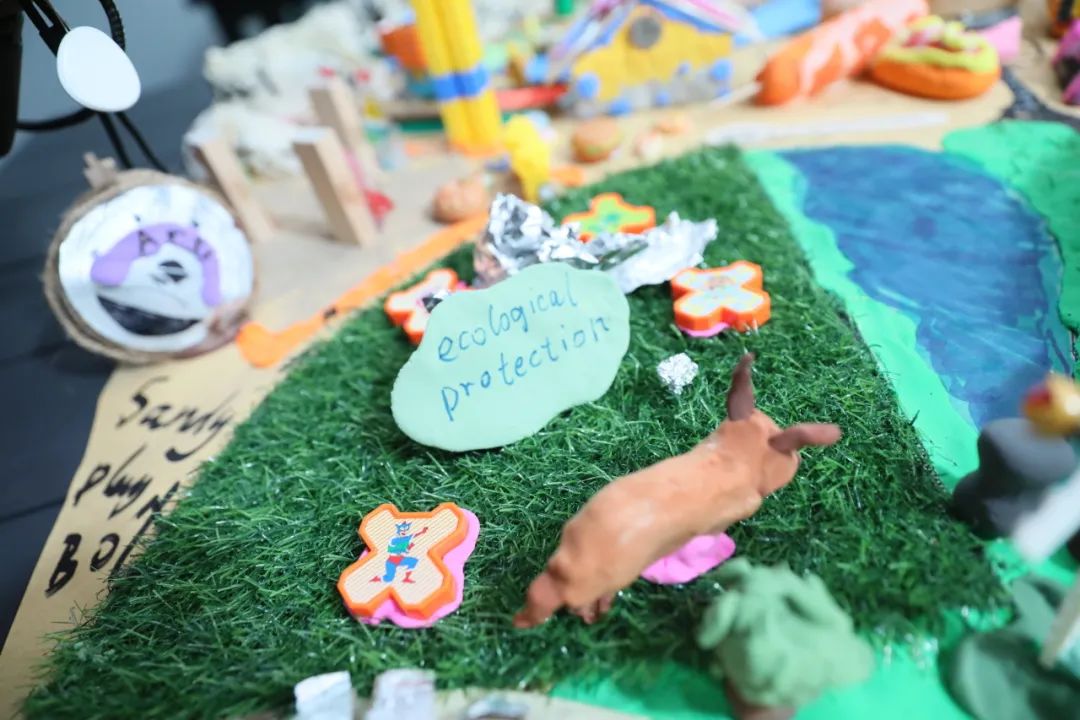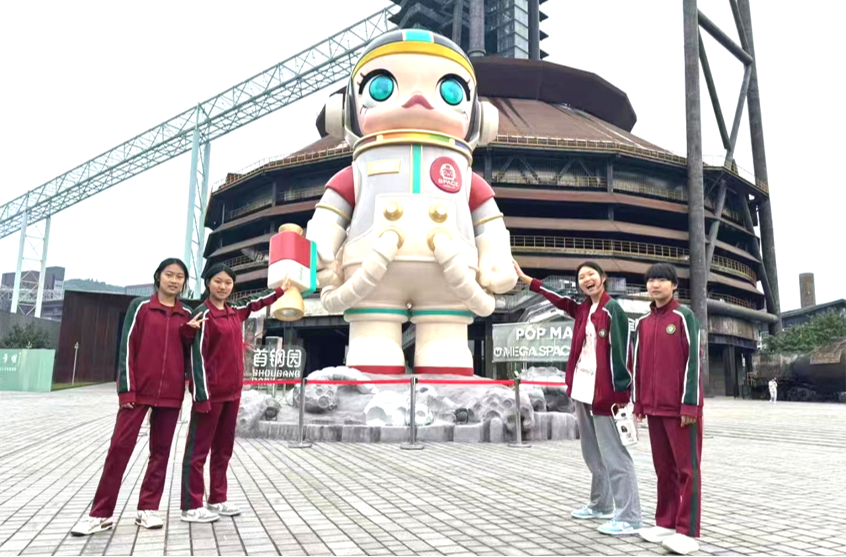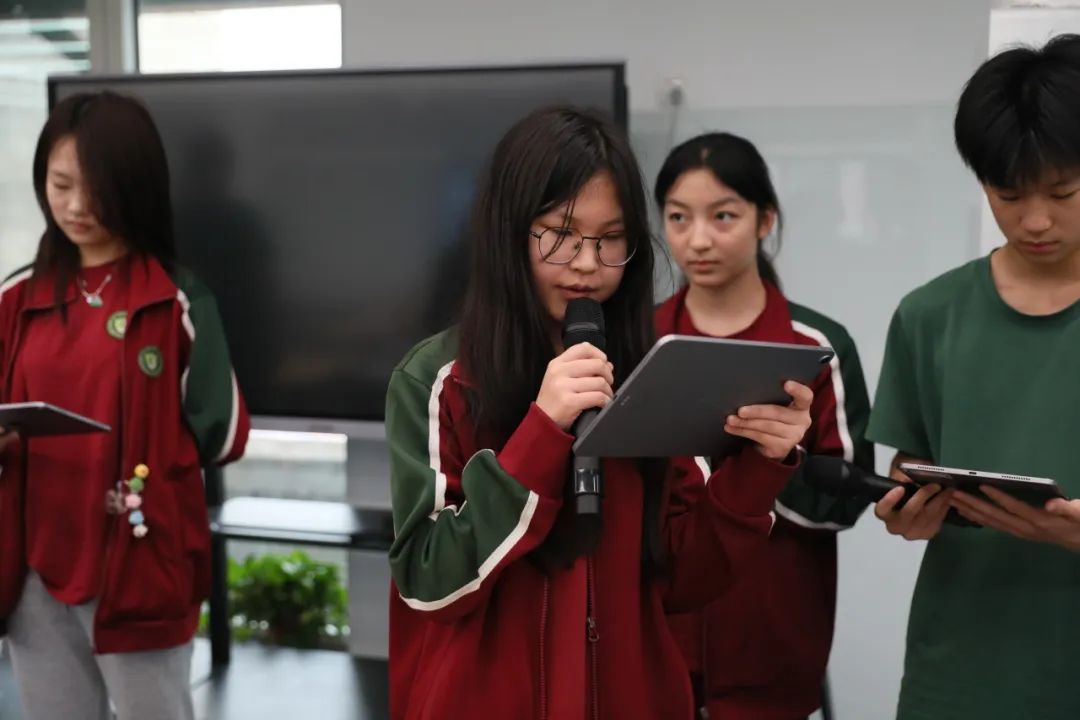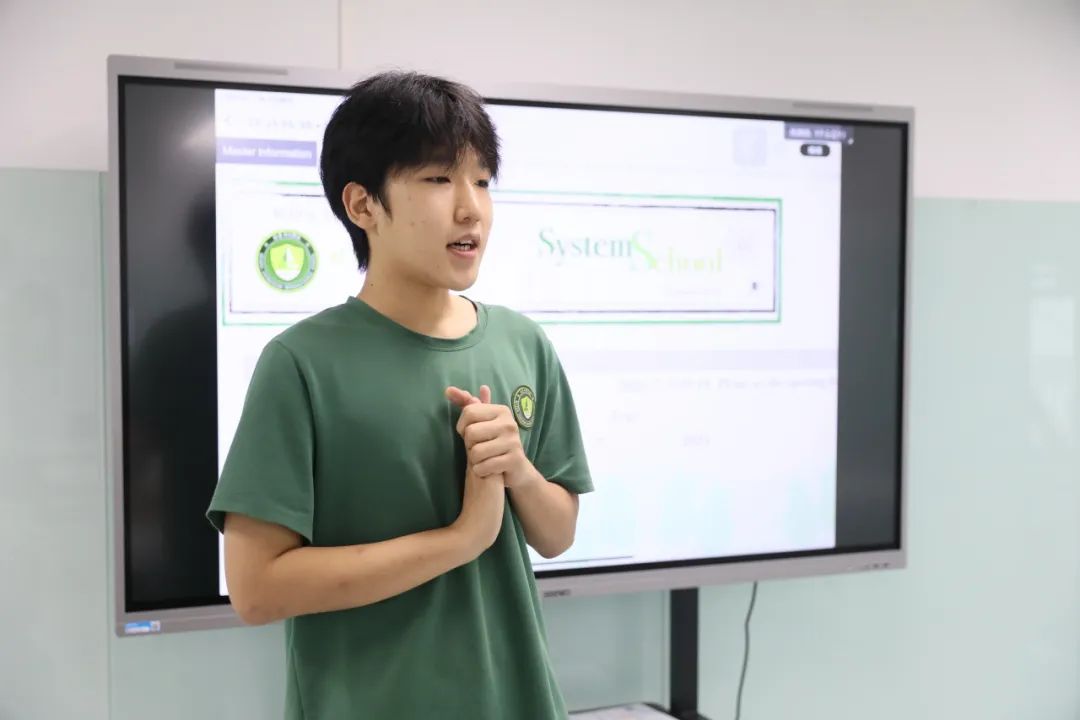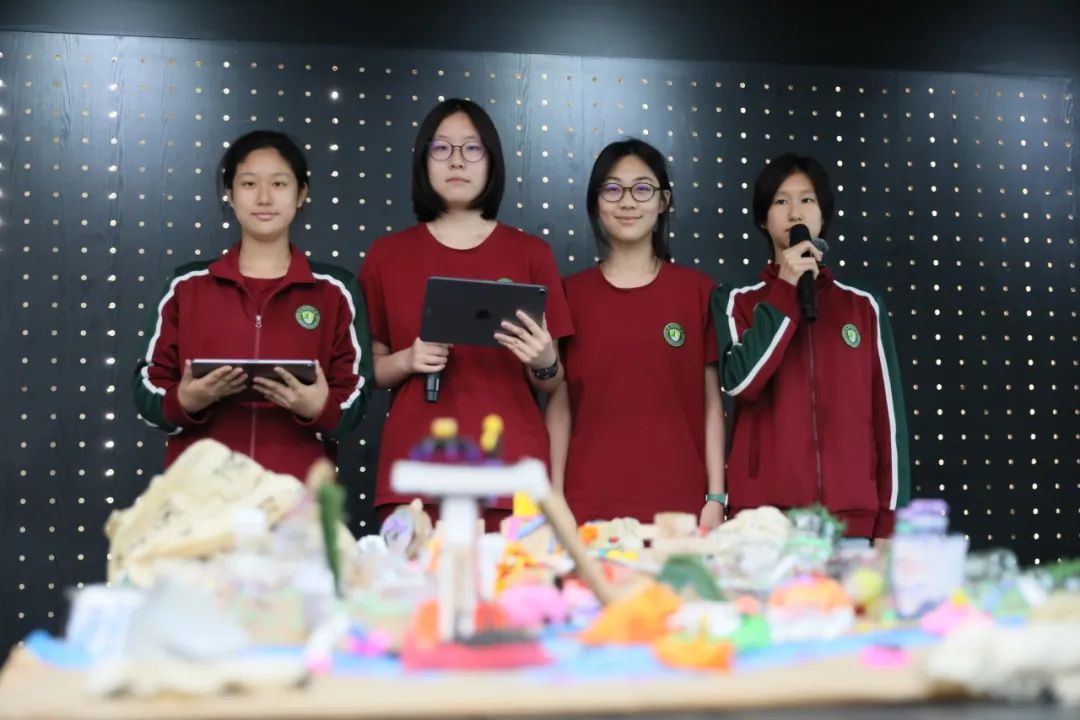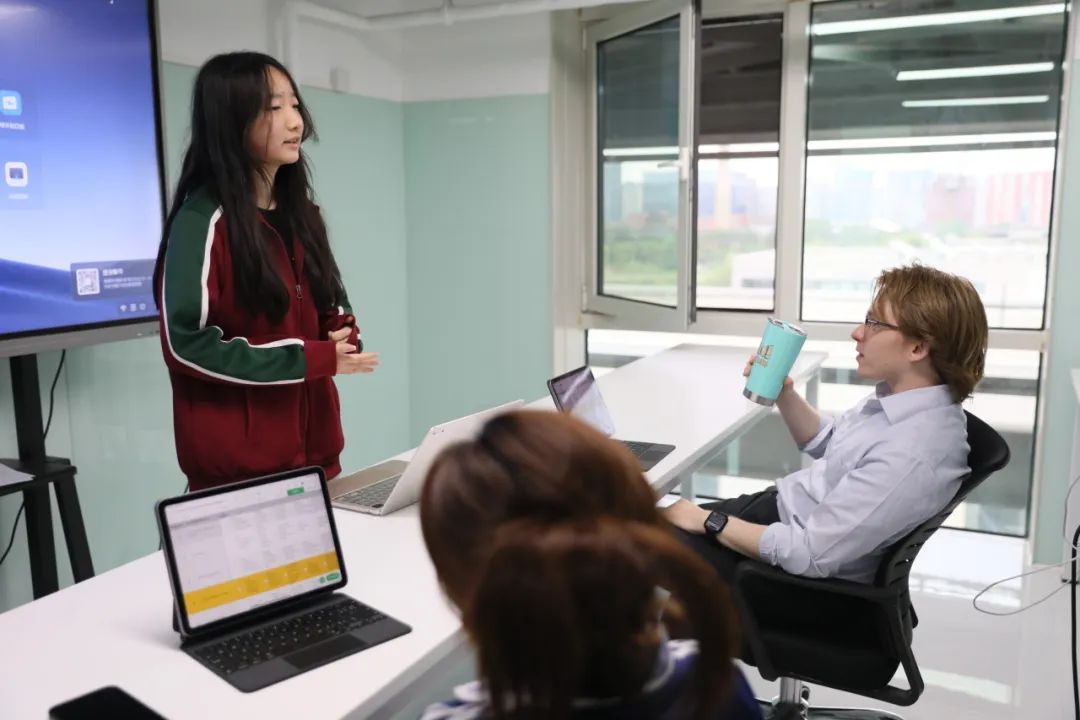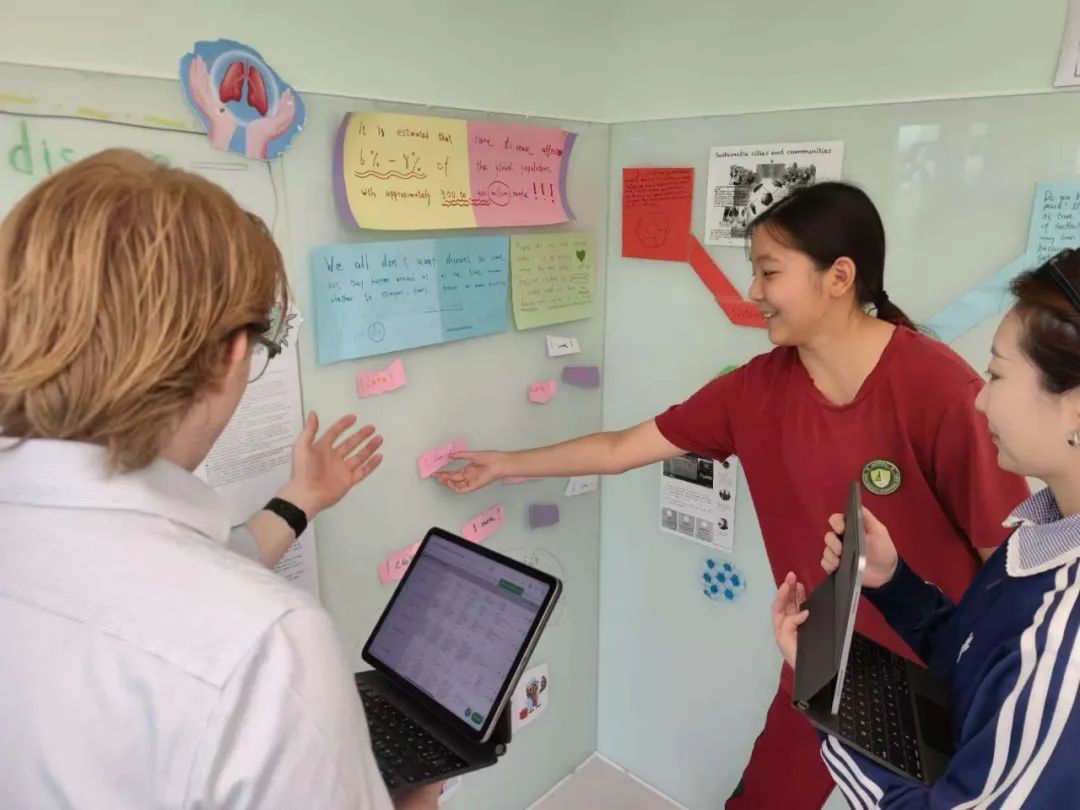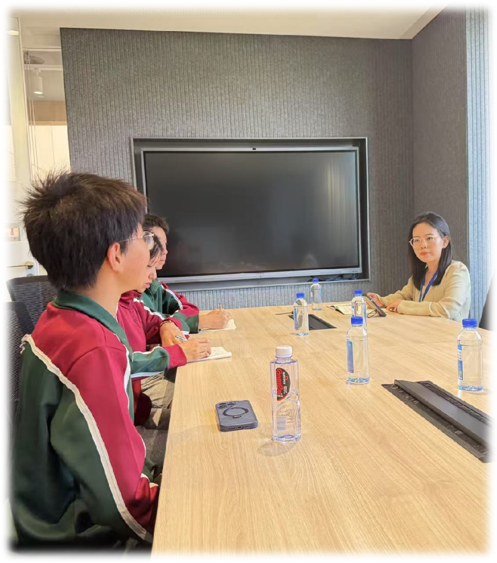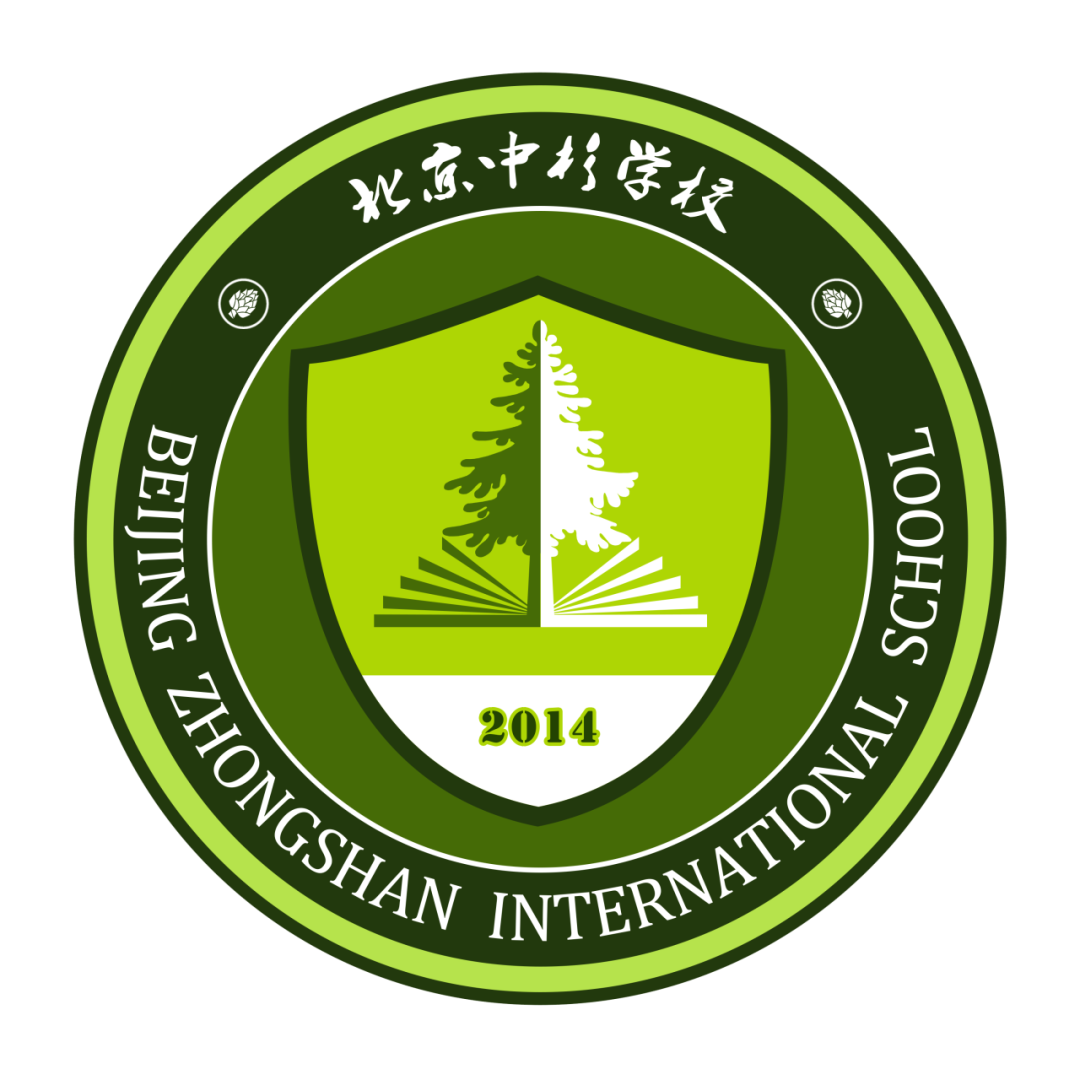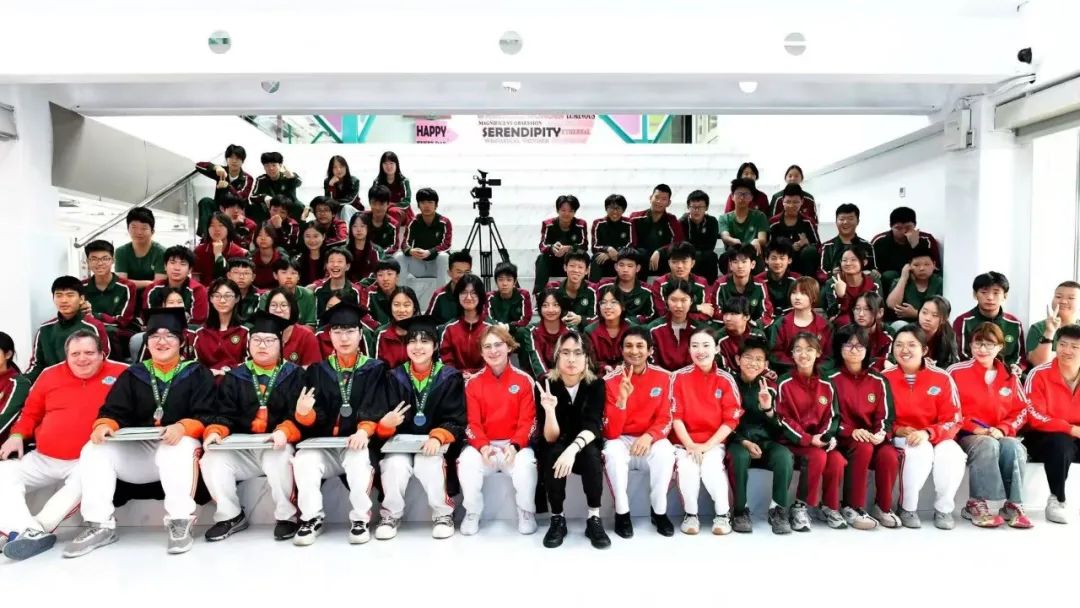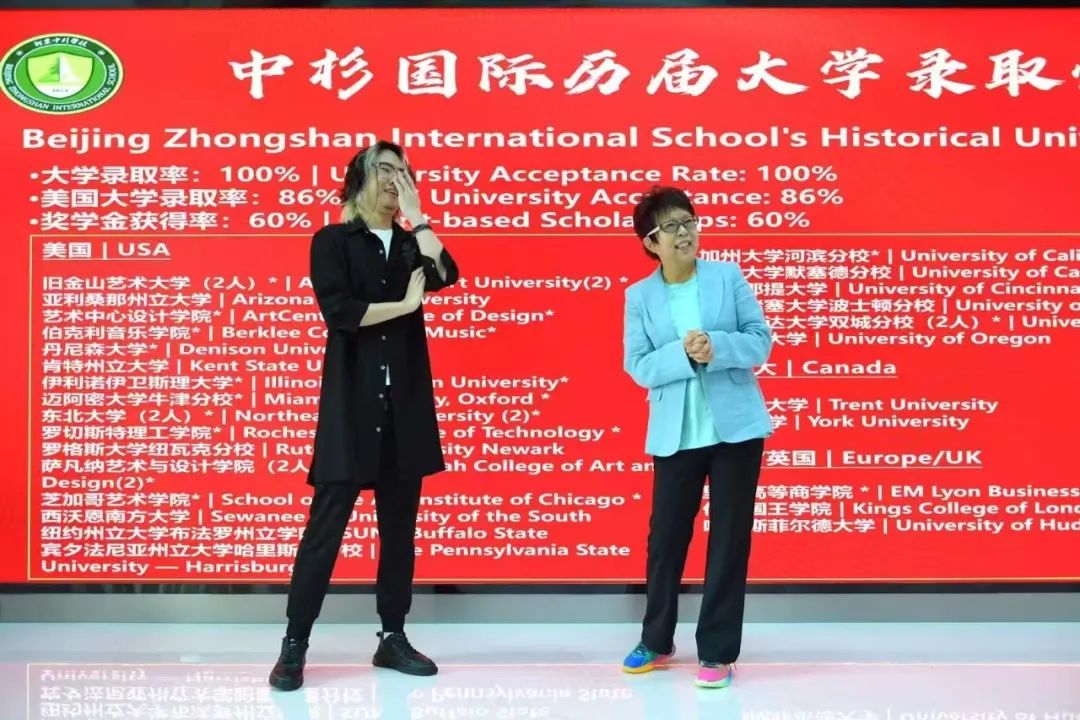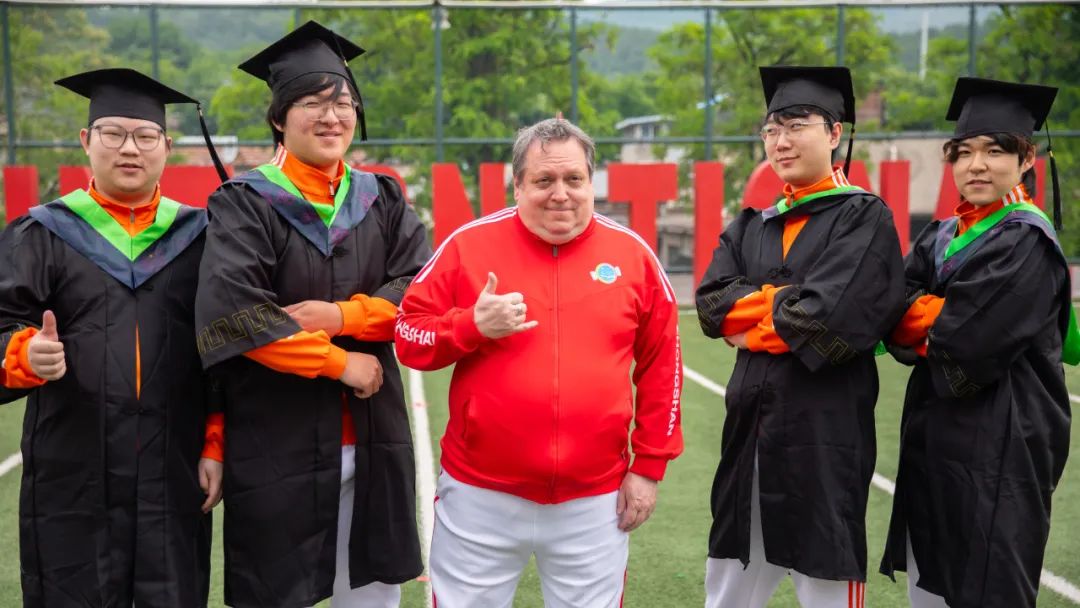For the sixth year in a row, Beijing Zhongshan International School is pleased to announce a 100% acceptance rate of our applying graduates into university programs for the 2024-25 school year. Highlights from the graduating class of 2025 included offers from:
• Academy of Art University in San Francisco
• Northeastern University
• Penn State University
• Rutgers University
• Savannah College of Art & Design
•University of California-Merced
•University of Minnesota-Twin Cities
Serving as no exception, this year adds to our growing list of colleges and universities both nearby and abroad expanding the global reach of our pupils and the depth of knowledge they may bring back to us and to China when they return.
On top of admissions offers, our pupils received generous financial assistance in the form of merit-based scholarships and grants to help decrease the economic burden of studying abroad to their families, 65% of our pupils have receive merit-based sch ola rships!
—————————————————————————
CC AND CP
College Counseling AND Career Planning
At BJZSIS planning for college is not enough. We believe, in fact, that helping pupils get into college is only the first step.
BEST FIT
We want our pupils to be successful in college and university programs around the world leading to graduation, planning for advanced degrees, and their careers. Therefore, from as early as 8th grade we offer ALL of our pupils the opportunity to engage in activities, testing, discussion, and seminars all designed to assist in the achievement of this lofty aim — living life to the fullest, loving one’s work, and contributing mightily to the culture of humanity in significant and meaningful ways.
Naturally, the first step in this is for our pupils and teachers to think carefully about what skills they have, what skills they need, and what kind of future life fits them best.
Self-assessments play a role in helping pupils and their guides to ascertain areas of interest both in fields of study and potential future college majors leading to careers.
They can also help determine whether pupils are more suited to post-secondary study in a variety of nations, locations, city-sizes, geographical settings, and climates which, while perhaps seeming like secondary considerations as opposed to raw rank of academic reputation of a university, in fact, may sink pupils’ spirits and foster a decline in what should be the experience of a lifetime if not well-matched. Pupils have been known to drop out of universities over the past century all over the world because the local cuisine did not match their expectations. Therefore, discussions of the importance of such things to pupils is relevant.
Eventually, our aim is to generate a list of very compatible institutions of higher education that fit each individual pupil affording them the best chance to flourish, graduate, and reach their higher life goals. This should be through a combination of schools that are admissions challenges, targets, and perfect academic skill matches. We encourage our pupils to aim high as there is no reward in college admission gained without taking what is actually a very safe risk in applying. Any university can say, “no” to a pupil who applies, however, they can never say “yes” to a student who does not! Some say receiving a rejection letter feels terrible, and we remind our pupils that famous Academy Award-winning director, Steven Spielberg was rejected by University of Southern California film school three times. Rejection letters can serve as fuel to fire up the engines for future work and application. If our pupils aim high and do not succeed that is superior to an infinite number of acceptances at places that are unworthy or ill-suited to them.
The entire process of college preparation and college application should represent a stimulating exercise that challenges the mind, spirit, and soul to think big and push oneself beyond expectations. In the end, if one does not believe he may never achieve. In the end, if one does not take the first step forward, he will be passed over by others who did. In the end, if a pupil accepts something less, it should be only because every other avenue was exhausted. Planning, working, strategizing, and long-term critical thinking about every aspect of this complex journey from high school to life beyond my begin and end with grit, rigor, and dedication to achieving one’s best version of oneself.
Support & Guidance / Mentoring
Of course, that all sounds wonderful; however, it may ring hollow if not backed up by the full and complete effort by the pupil’s school be to working hard both in front of and behind the scenes to ensure that every pupil gets the support, guidance, coaching, and mentoring through every phase of this journey.
Our academic leaders work tirelessly to say ahead of the curve in best practice both in and out of the classroom to ensure our pupils are at the leading edge of what education is today in the modern world NOT what was desired and perfect 20 let alone 50 years ago. The COVID-19 pandemic and the rise of AI have been accelerating change in high school and collegiate education that was already smoldering for decades when companies and industries reported that colleges, who then immediately shifted the blame to high schools, were not preparing pupils well for their needs the areas of critical thinking and problemsolving, time management, leadership, organization, research, development, and more.
And, what is work? What are the jobs for which pupils of today are preparing? What majors are needed? That answers to these questions have, perhaps, never changed faster. More new careers are popping up every day than used to pop up in months during the past six to eight decades. Meanwhile, AI is replacing more and more typical jobs everyday. Therefore, staying current means staying relevant and even employable. Schools stuck in the past will find in the near future their pupils are entirely ill-equipped for future university work and career opportunities. Entire realms of human endeavor are being abandoned altogether or entirely re-written as to what they mean.
For example, in a 15 January 2025, article entitled, “How Artificial Intelligence is
Transforming Higher Education” by Eric Klein, asst. provost at the American College of Education noted, “The impact of artificial intelligence (AI) on college learning is transformative for higher education institutions across the globe. Colleges and universities are starting to invest significant time and resources in exploring AI’s potential for their institutions.” He continued to say…
“The positive impacts of AI are already in action for students, faculty, researchers, policymakers, and higher education professionals and leaders. Arguably, the greatest benefit for students is personalized learning. Adaptive learning platforms, like Smart Sparrow and DreamBox, can adapt educational content and experiences to meet student needs by providing customized learning resources, experiences and recommendations. This allows students to learn at their own pace and style, which can lead to improved engagement and academic outcomes.”
Therefore one can easily conclude that by the time pupils completing grade 9 this summer, and enter university in the fall of 2028 will face a vastly different collegiate educational paradigm than those who went even just 5 years before them. Equally important would be to conclude that high schools who claim to be preparing pupils for universities of the near future must also change, and change fast. Moreover, if the terms in the preceding quotation box are unfamiliar to pupils, parents, teachers, and principals, that could not be argued as representing a good thing.
Meanwhile, it also indicates a major transition in collegiate education away from a strictly didactic, professor-centered model of lecturing information to one where the professors can utilize a huge variety of tools (supported by AI or otherwise) to customize their courses so they can adapt to each pupil. Pupils must learn how to handle such coursework and be prepared for such a 180° different model or be left far behind their peers who are.
High schools today cannot sit idly by relying on what has worked for decades for a moment longer. We must adapt and change immediately or, from a university perspective, our pupils will be rendered moot.
Given our school’s history of seeking to transform our academic model used for pupils planning to study abroad towards the direction of future best practice at Zhongshan, we have been on the positive side of these changes. Moving toward an entirely
interdisciplinary, project-based, authentically assessed program has been our main goal of operation since our founding of the Zhongshan International Systems School program in 2018. The prescience of our program dare not be underestimated as it is based on constant research into the ever-changing landscape of higher education into which we know our pupils will soon plunge.
While we have countless examples to show the advantages in preparation our pupils have enjoyed knowingly or not, two undeniable areas which are easy to show are in our emphasis on authentic, performance-based assessment and exposure to portfolio review assessment.
The COVID-19 pandemic was also instrumental in causing seismic shifts in collegiate assessment which had, for too, long relied on written term examinations as the sole means of a pupil demonstrating mastery of the course content. Many university professors realized online examination cheating and plagiarism were rampant. They had to switch to alternative assessment paradigms such as giving presentations, portfolio reviews, and performance-based or simulation-based exams. The net result of which they simultaneously discovered it was far easier using these kinds of exams to ascertain the authenticity and depth of a pupil’s mastery of the required domains of skill and knowledge than the previous standardized essay and multiple choice exam afforded. Lo and behold the fastest form of change in university assessment is to institute university-wide portfolio reviews as alternatives to the traditional semester written exam. There is simply no substitute for a one on one conversation between a professor and pupil to determine if the pupil really understands that the depth of which he or she speaks.
Since 2018, ALL of our pupils have undergone an annual portfolio review at the end of each academic school year where they have had to present their cumulative portfolio of work to a panel of no fewer than 2 teachers. They have been expected to exhibit artifacts produced in and out of school during their high school years and describe their maturation in both skills and thinking as a product of their studies and activities. Since 2020, all graduating pupils have had to conduct their year-end portfolio reviews in front of the entire student assembly speaking in English for a duration of thirty minutes and answering questions at the end from the entire faculty who is also present. This outstanding experience forces annual reflection as well as demonstration of skills and knowledge mastered. Therefore, ALL of our pupils have always been well-prepared for this collegiate and job-related assessment — more and more professions beyond the visual arts, including even education, are requiring job candidates to submit portfolios during the interview process.
Another example would be our adherence to a strict form of performance-based, authentic assessment in the form of launch shows and our annual trade show. Both of these put our pupils into authentic situations they will face in real life and university to demonstrate, live and on stage, in front of the general public in attendance, what they can actually do and actually know. Hiding is not an option, nor is failing to show up mentally or physically. There is no sleeping during this kind of examination, and there is no cramming possible. These are paired with heavy research and report-writing the results of which are bound and put on display. Pupils who did the work can see it preserved for posterity in the bound books. Placing young people into these kinds of authentic leadership, management, and or ganizational-based exams in this way prepares them authentically for what they will do in co llege an in life. It pushes them beyond the standard and previously normalized paradigms i nto the ones that are up and coming. Of course, these are all things about our program of which to be incredibly proud. The achievements and accomplishments of our pupils is cate gorically undeniable. Moreover , we constantly receive WeChat messages from graduates t
hanking us for their unique high school preparation. The proof, as they say, is in the puddi ng.
